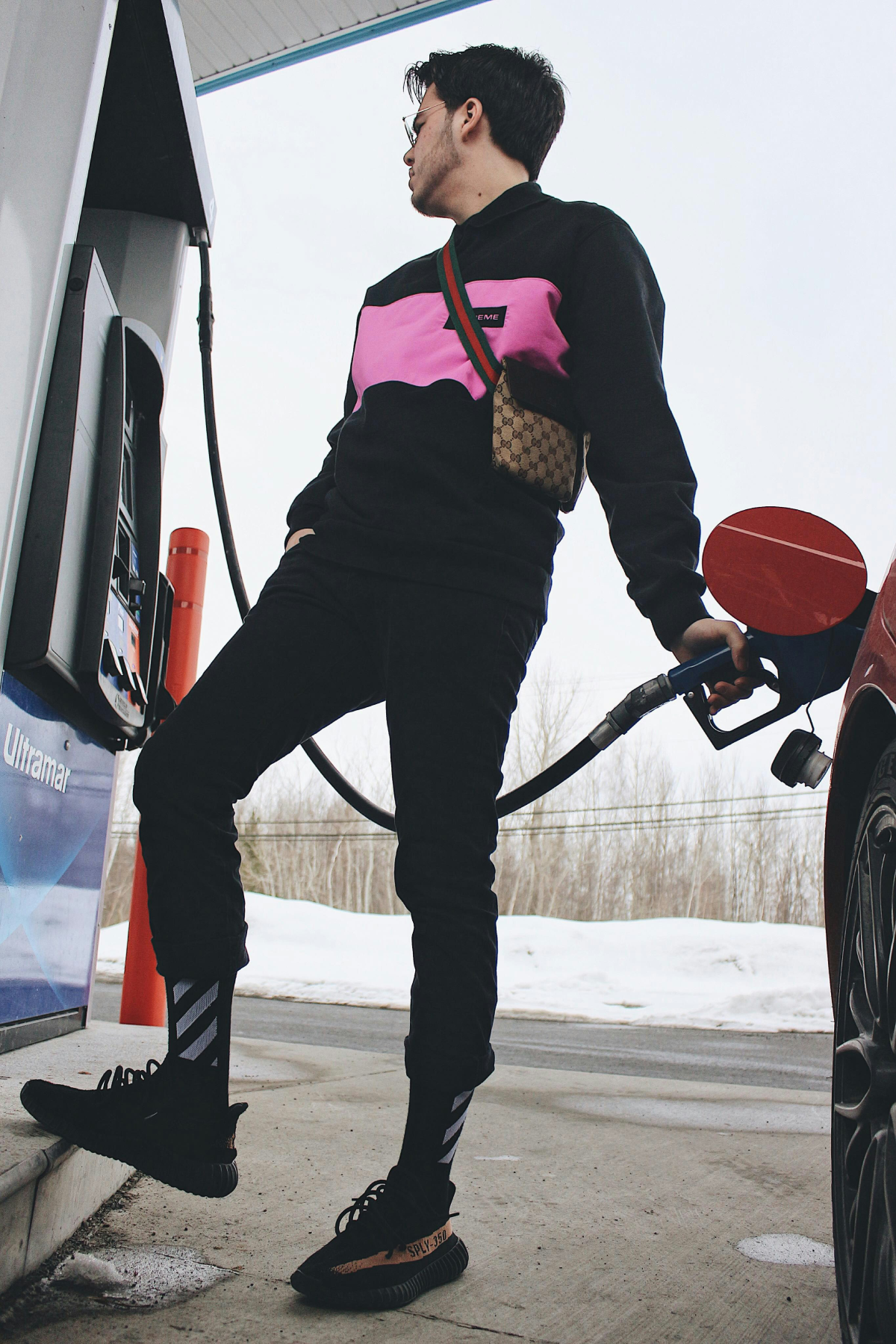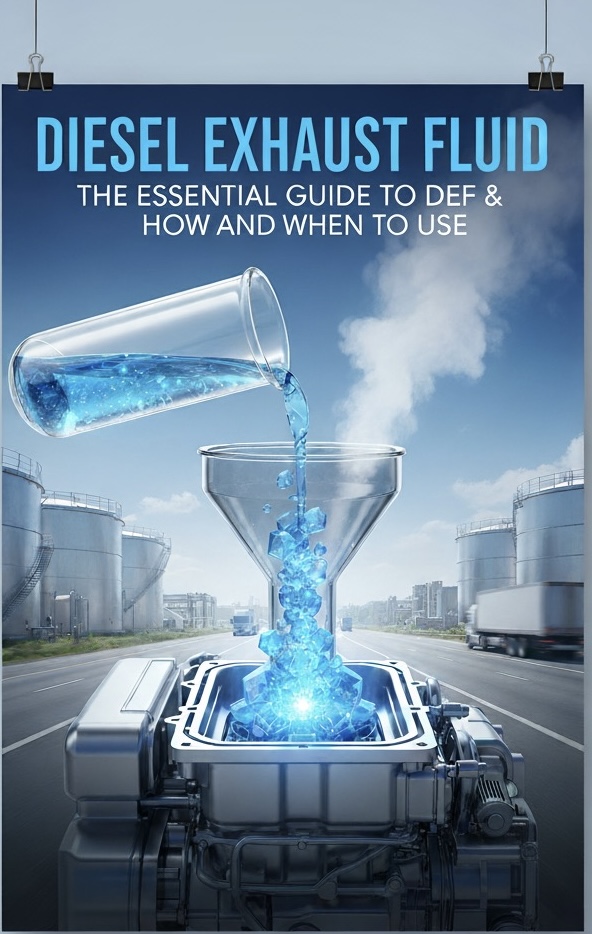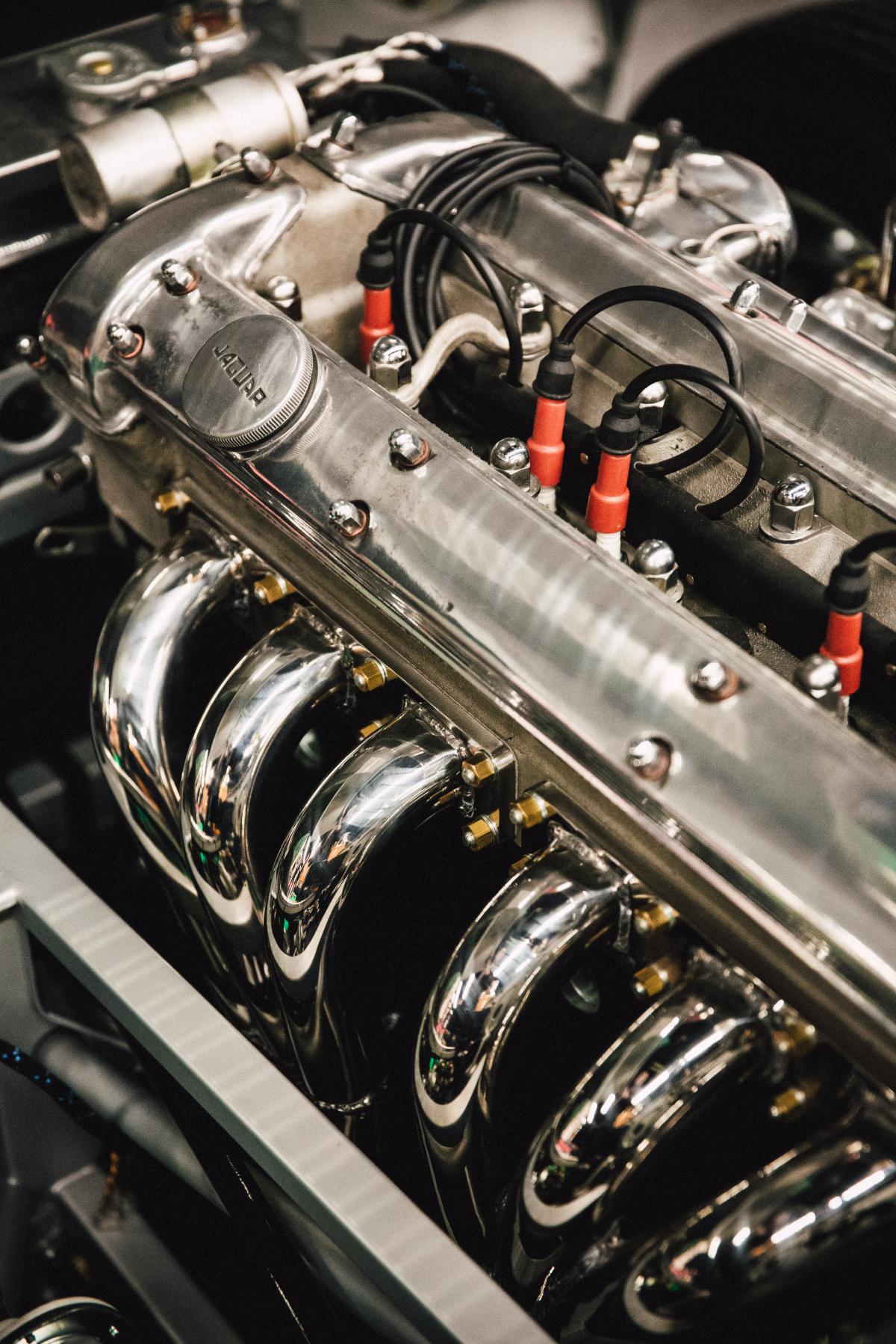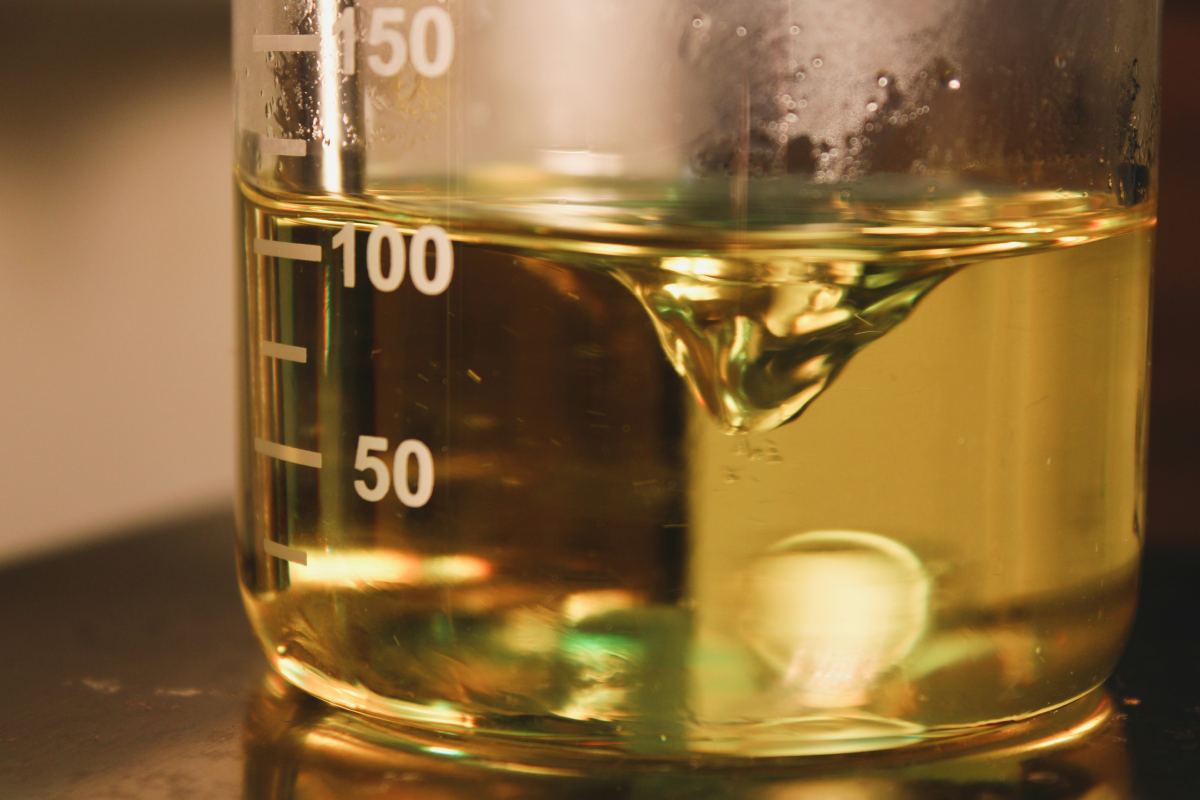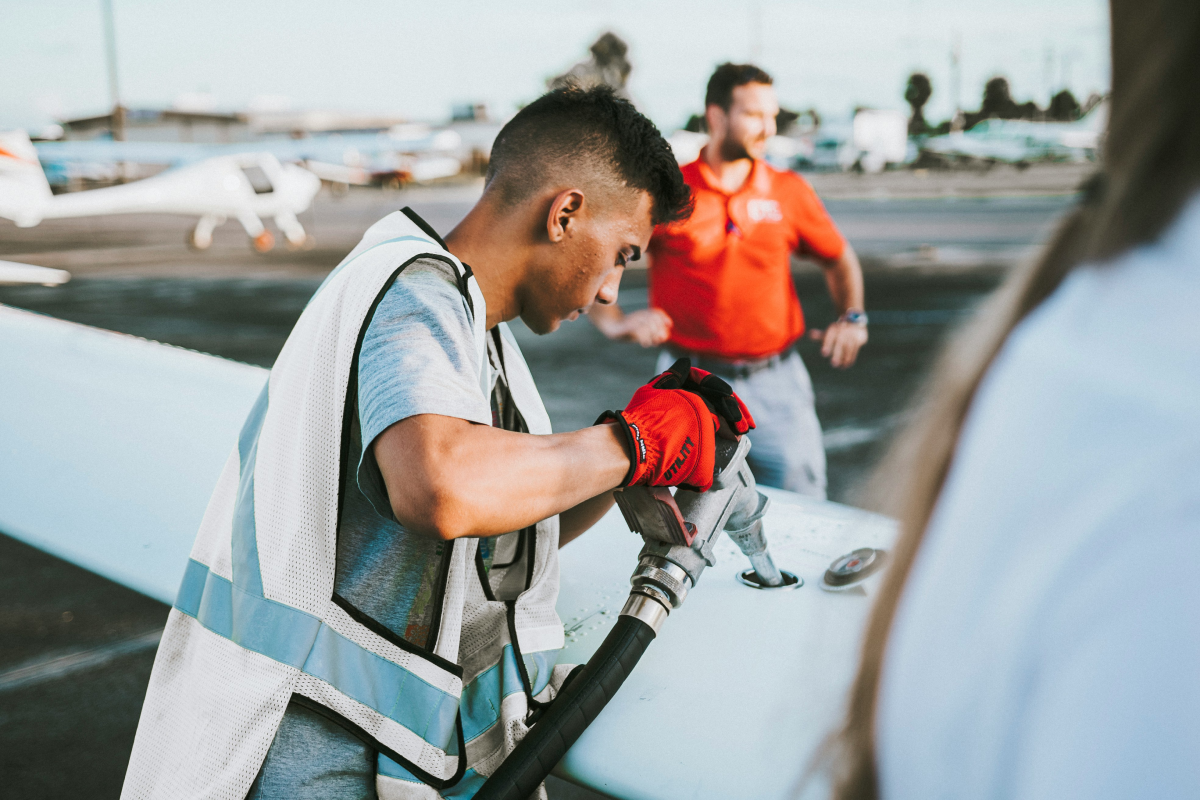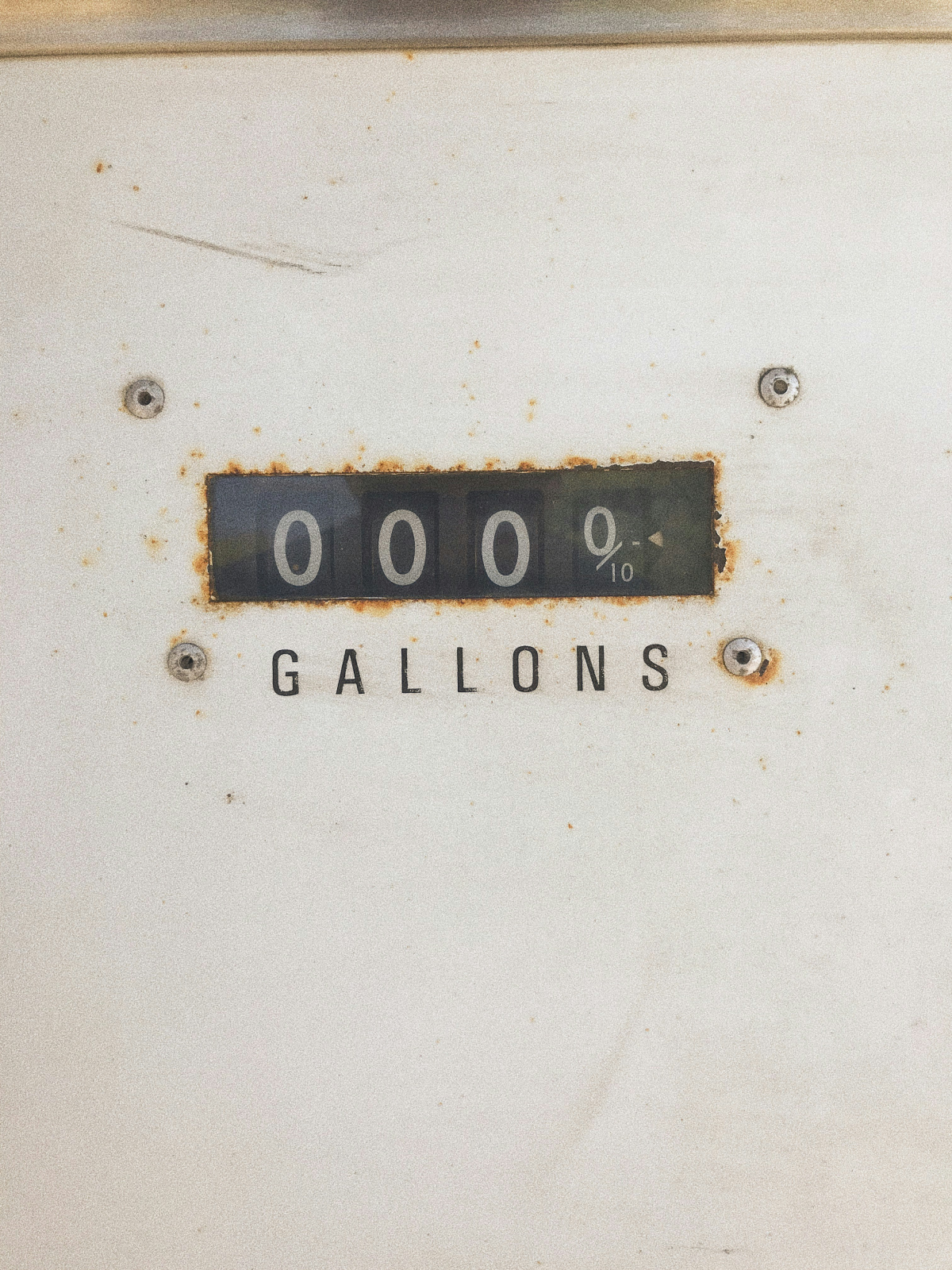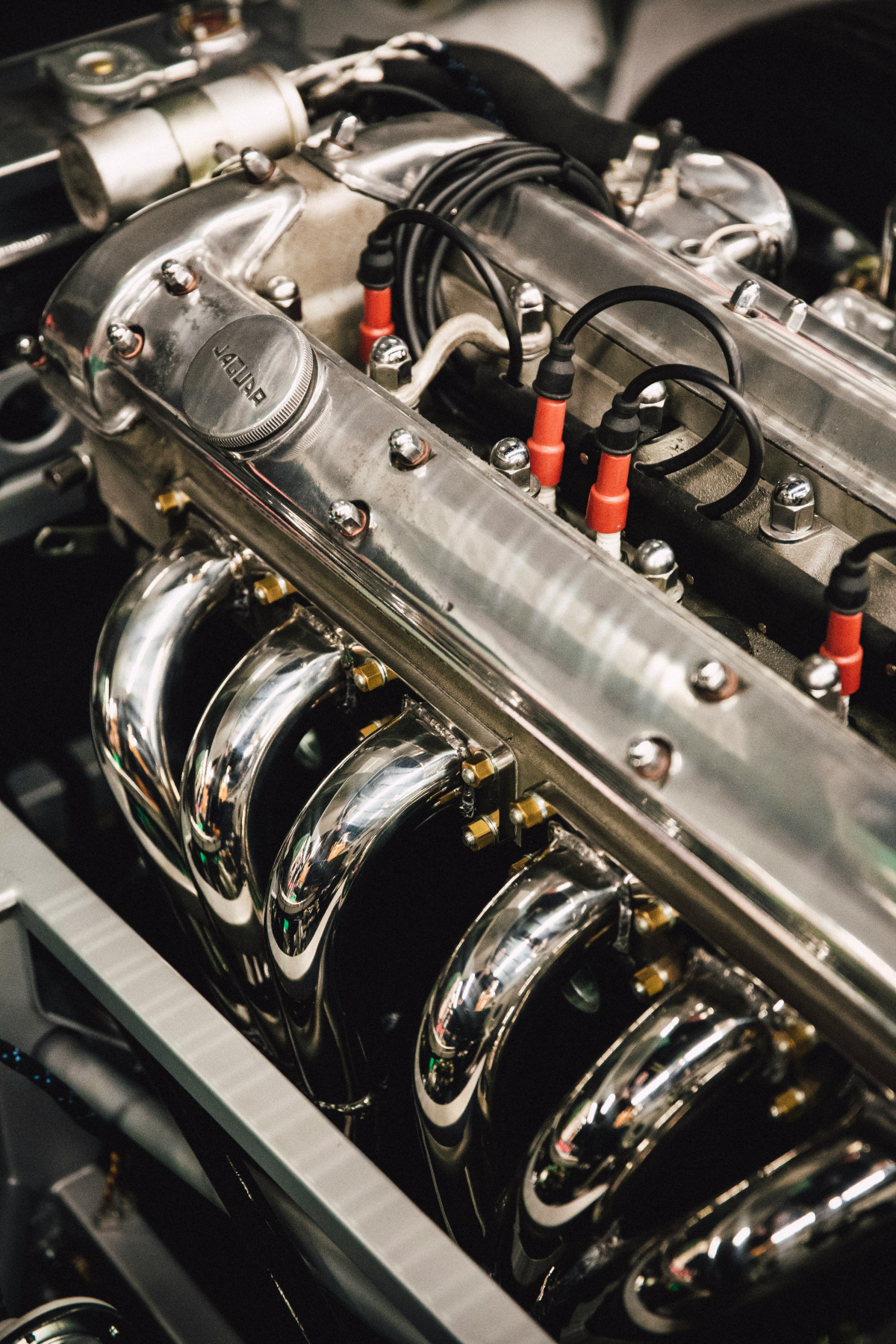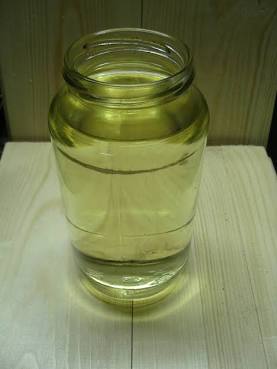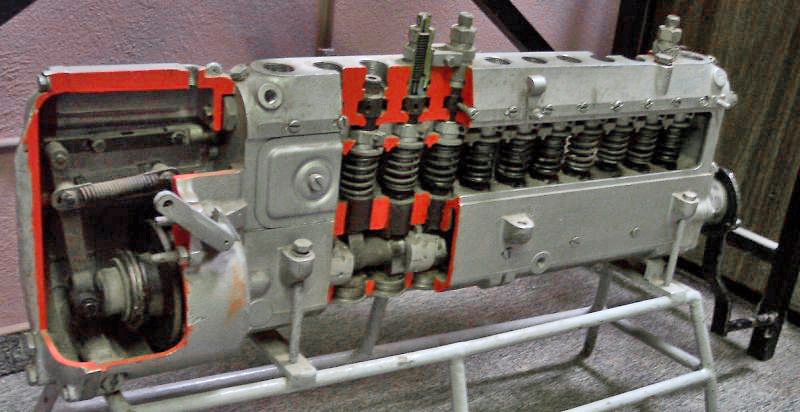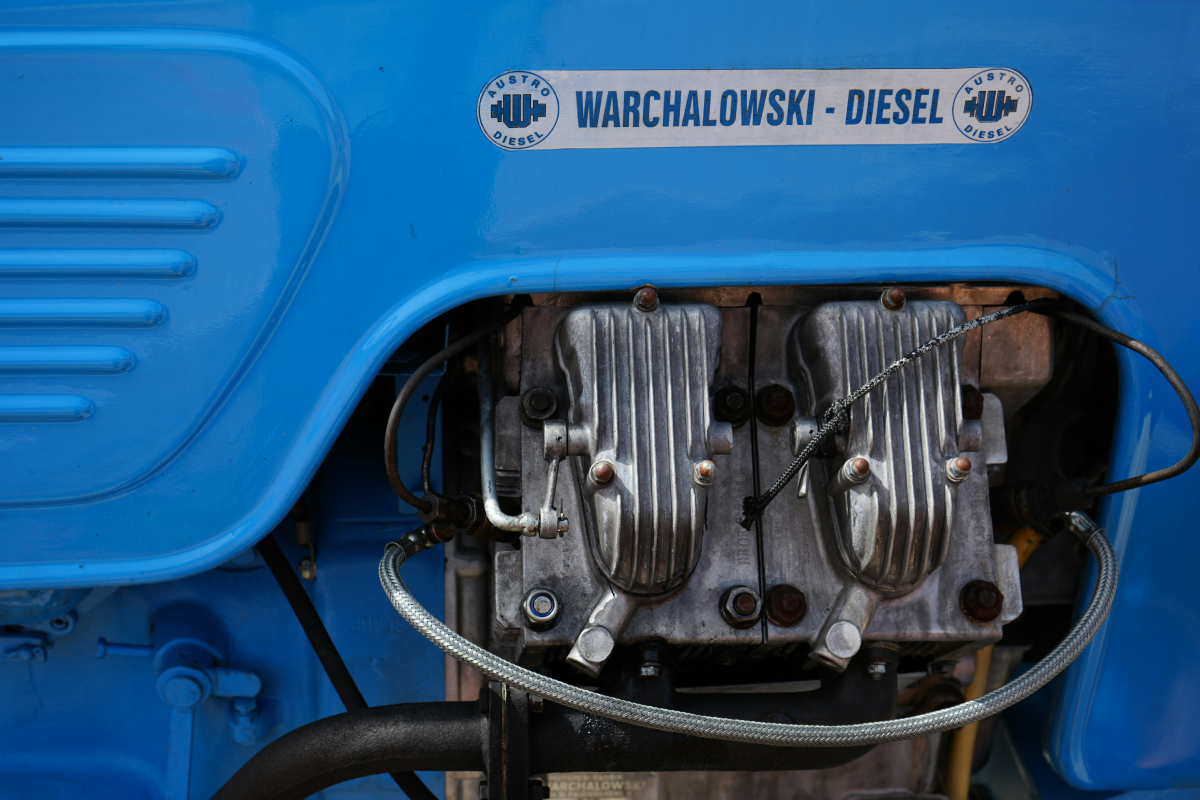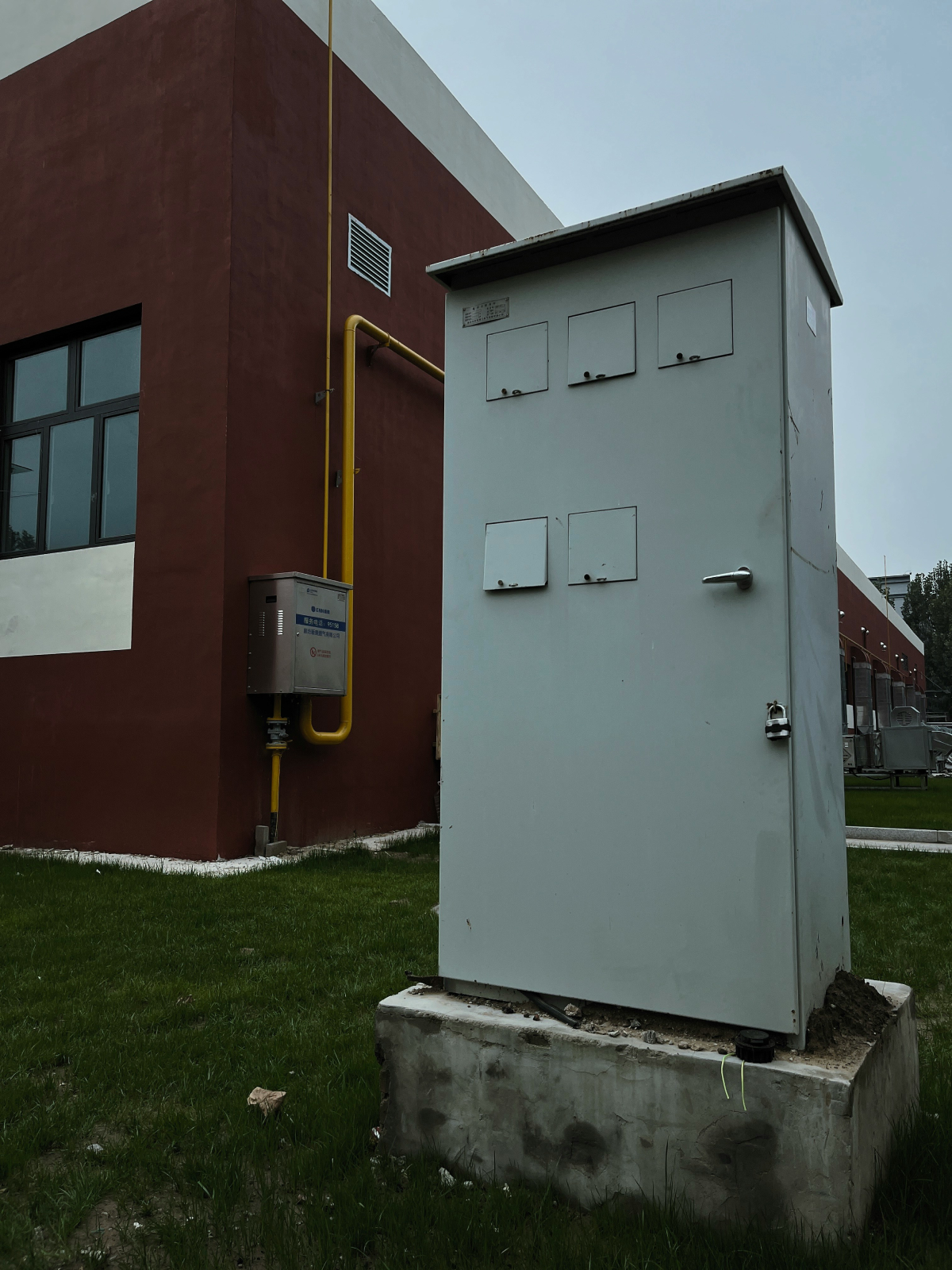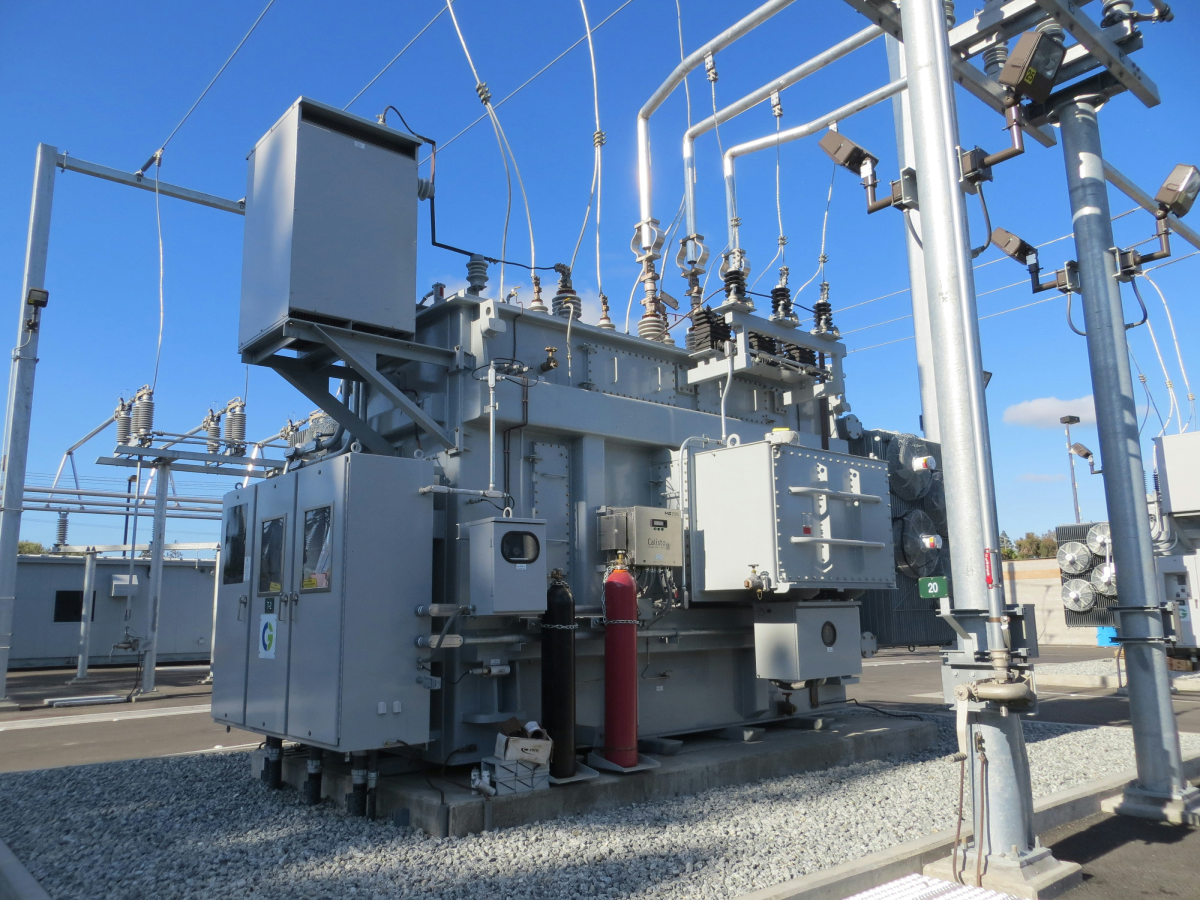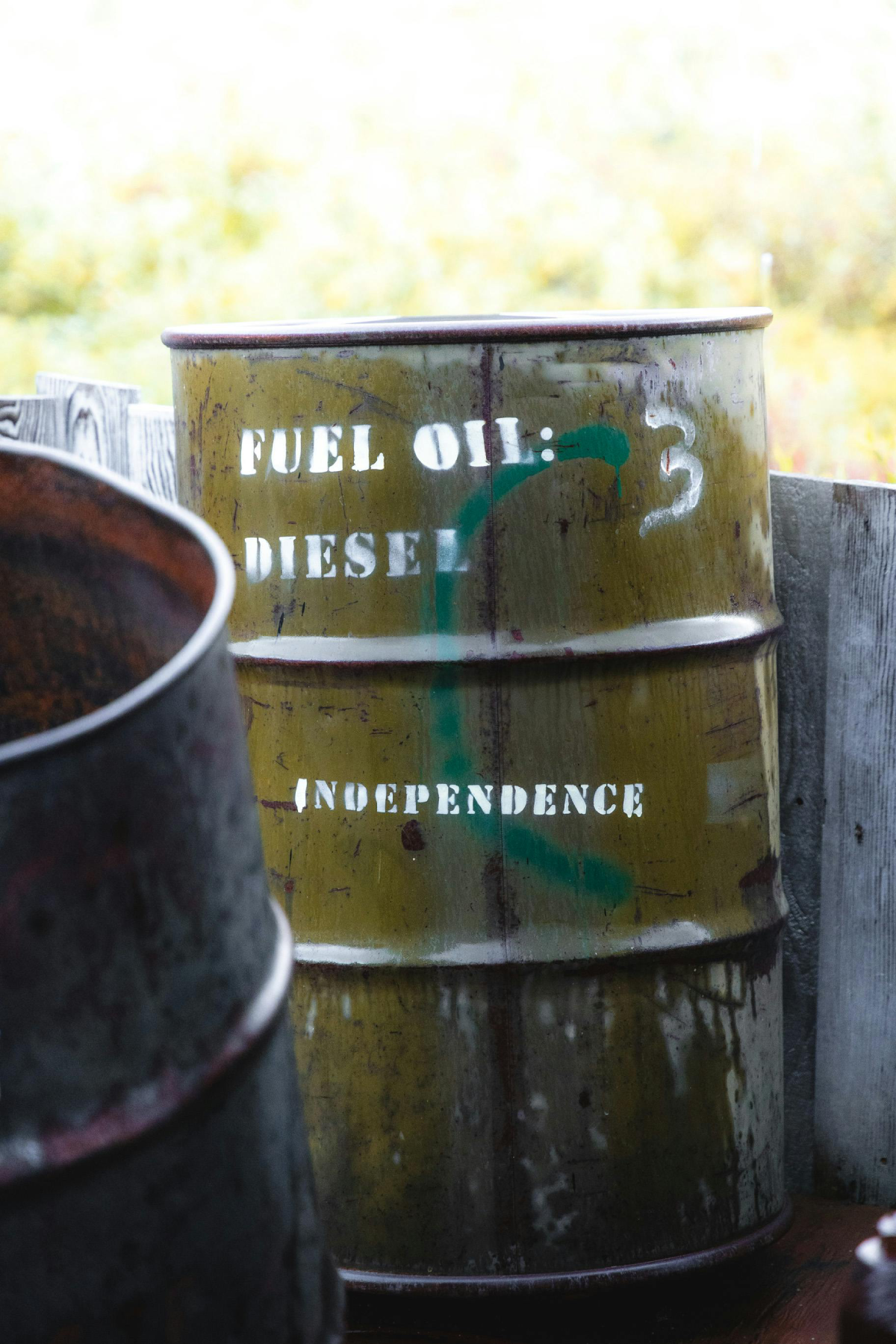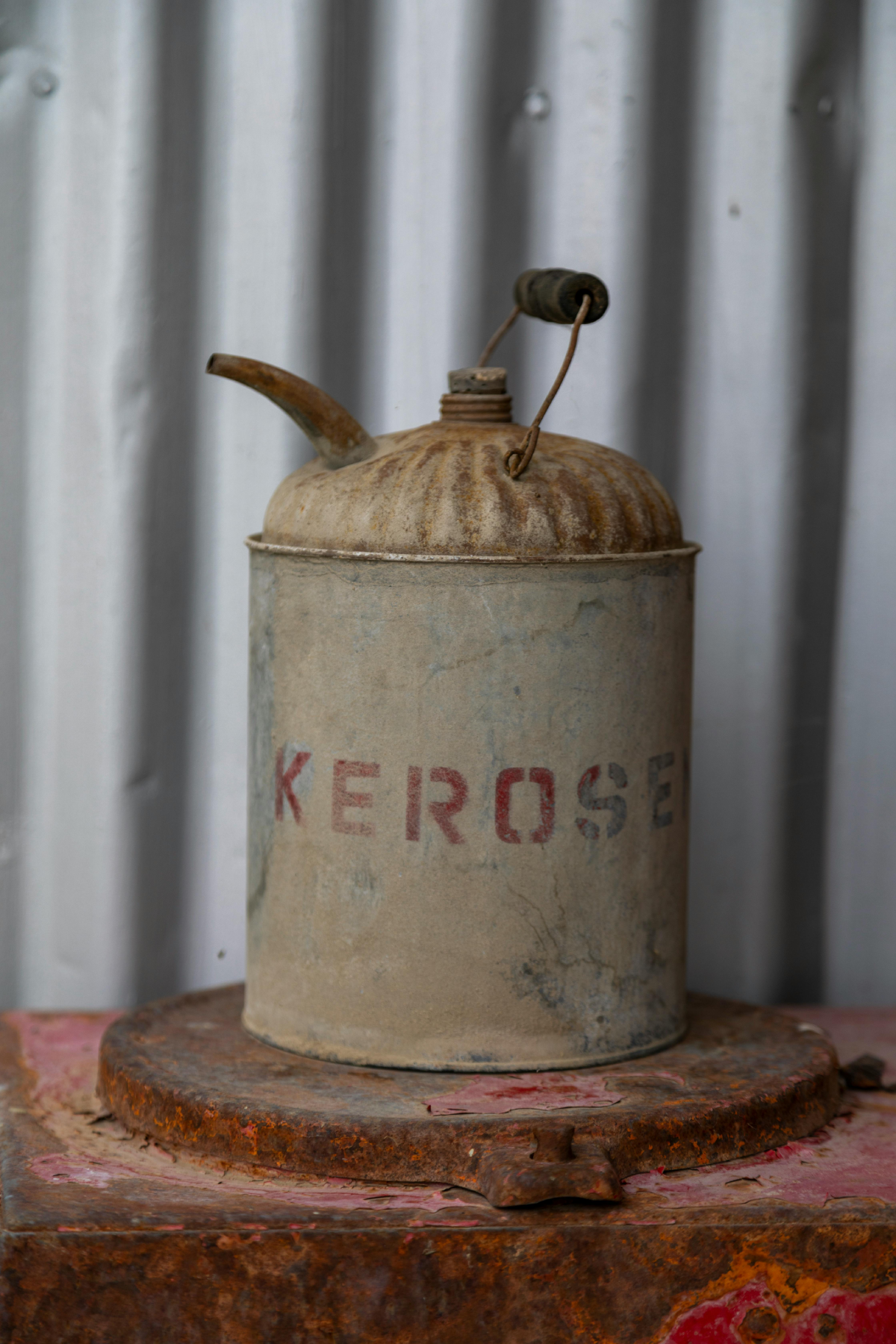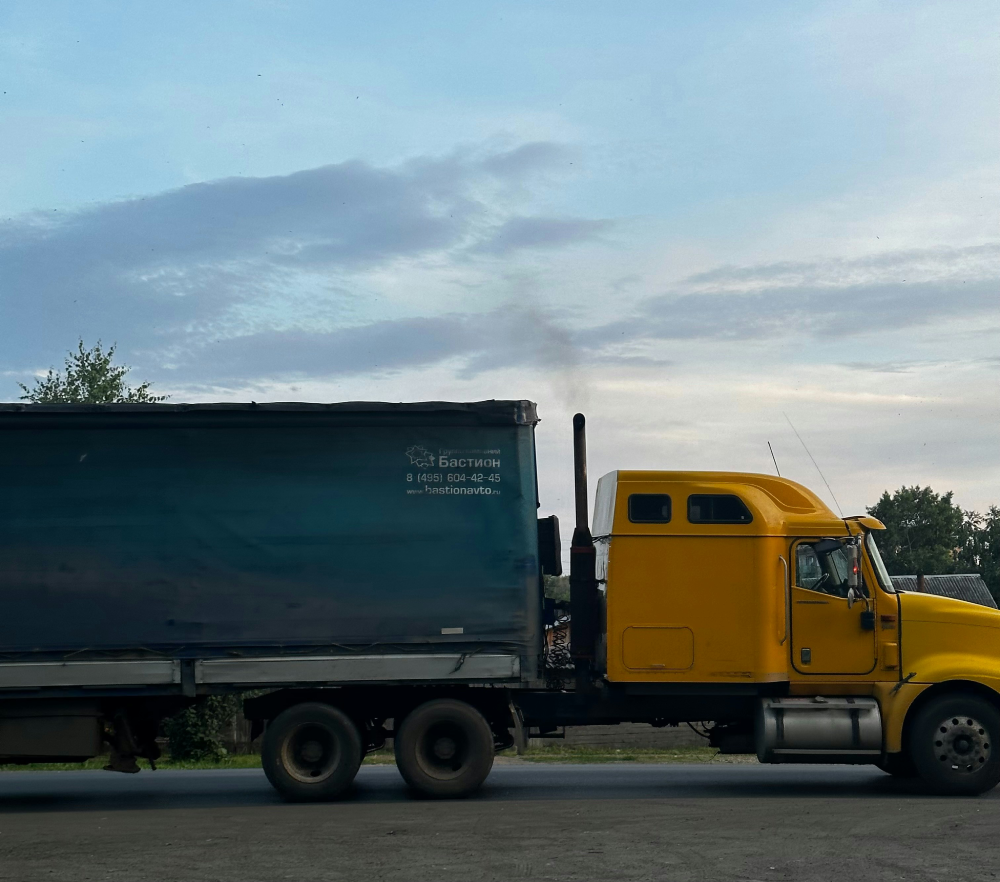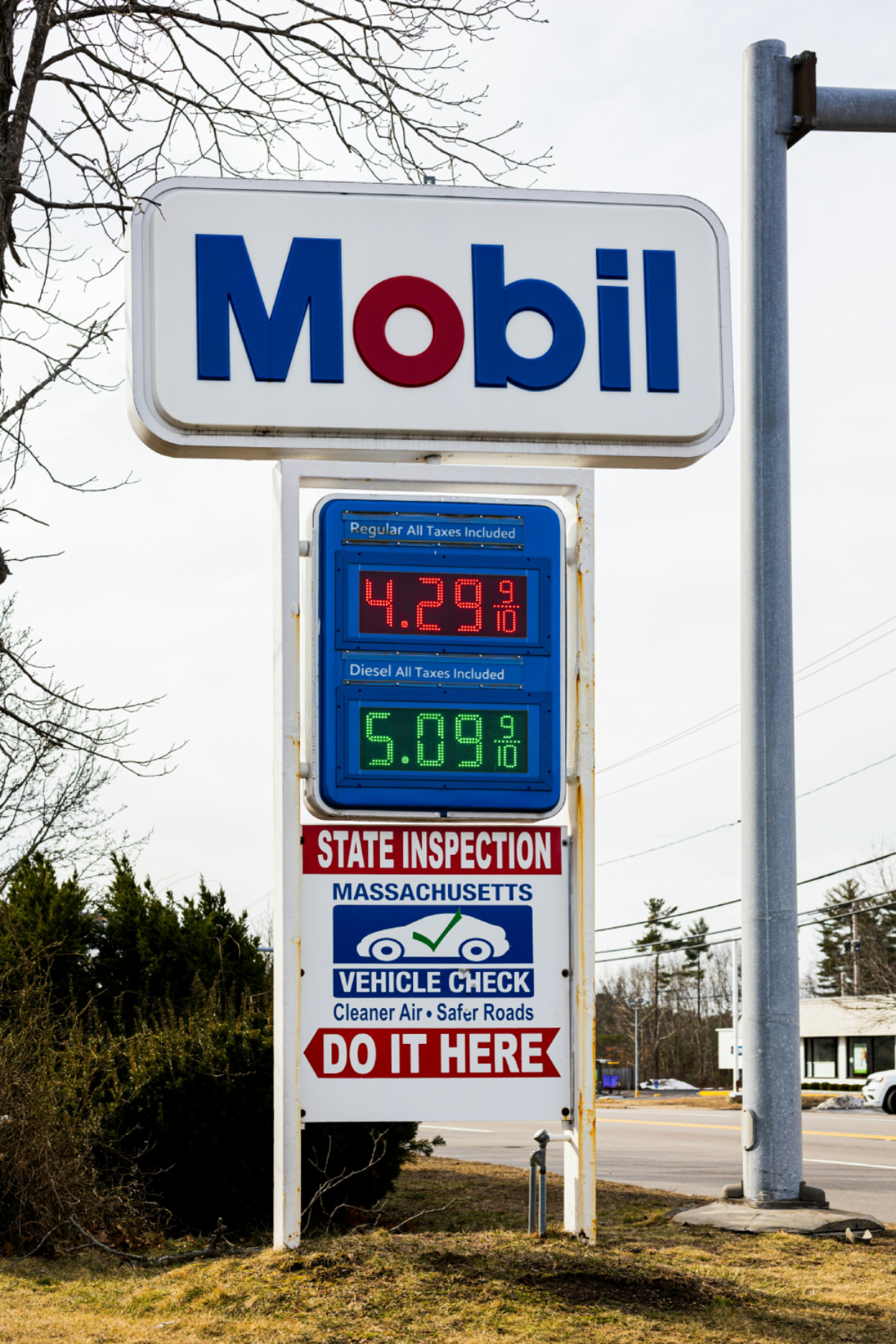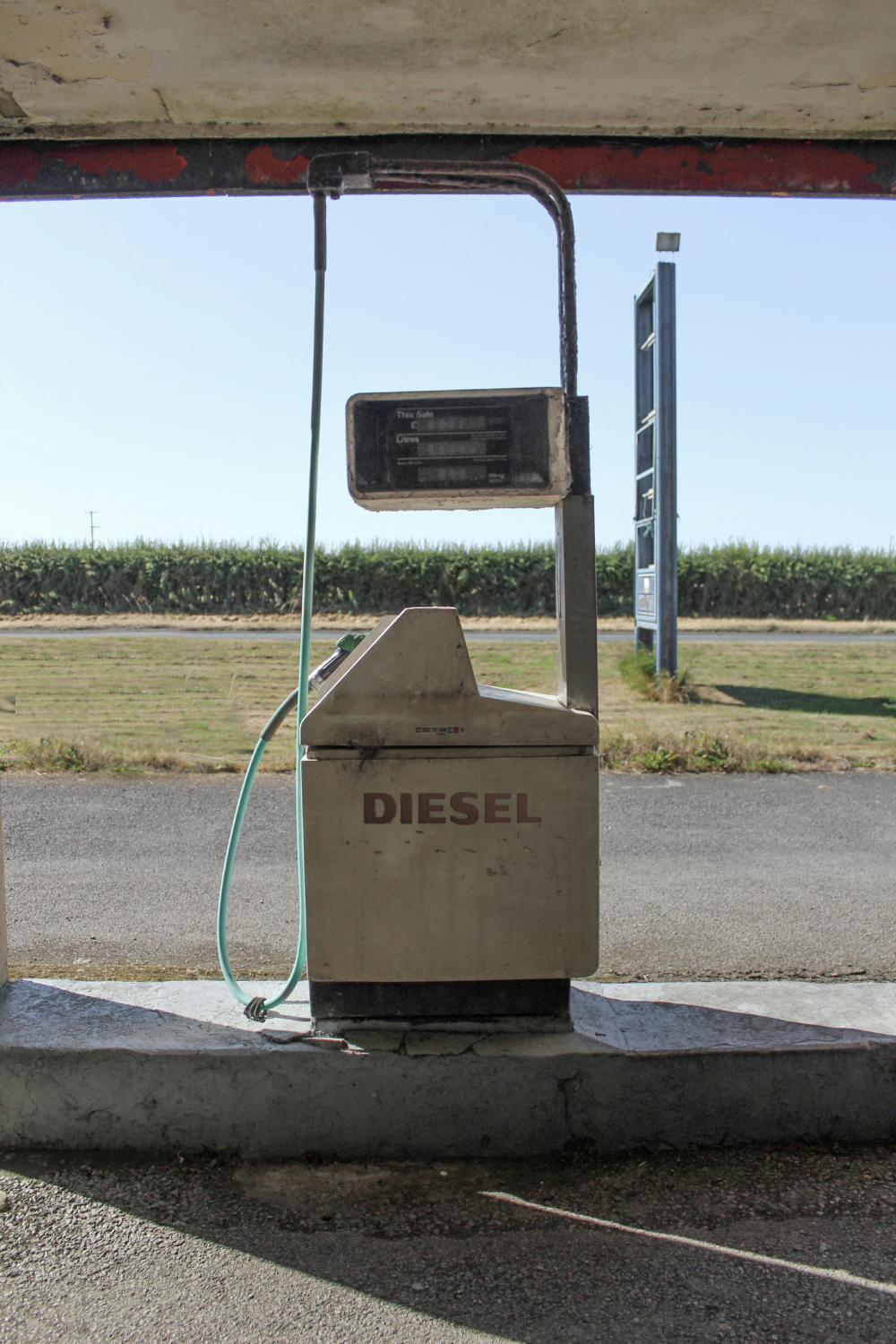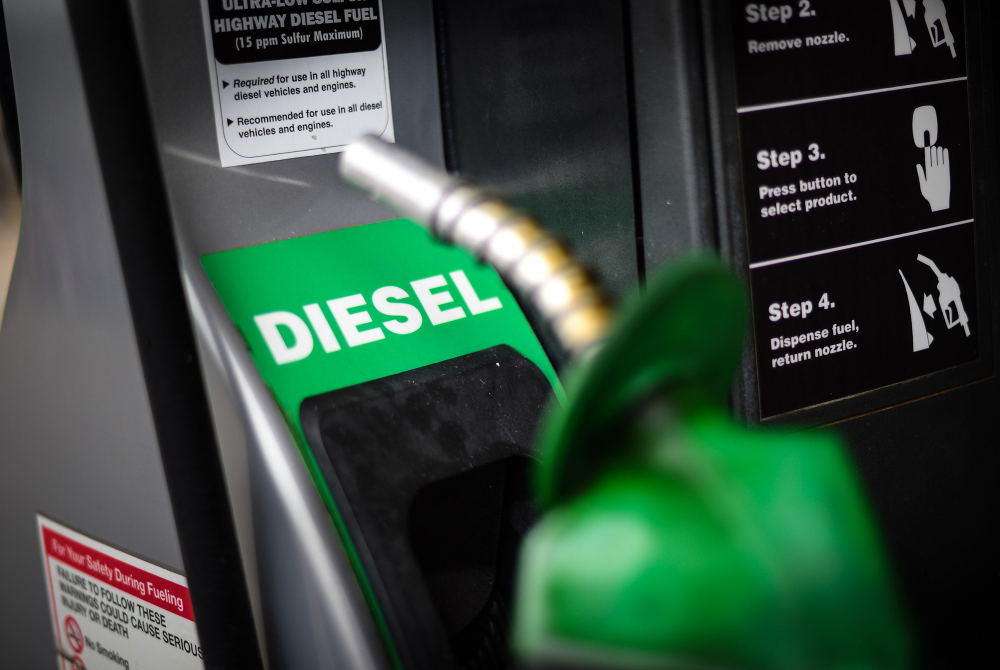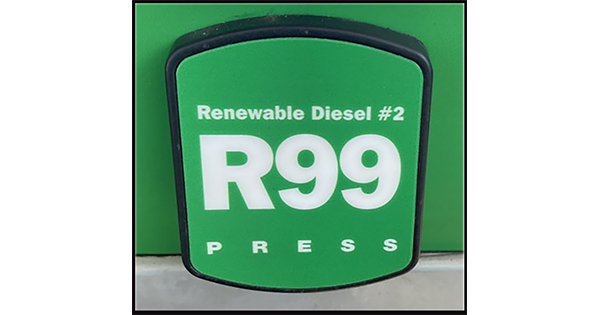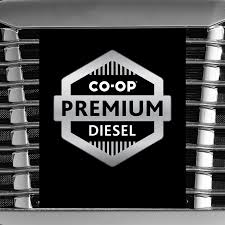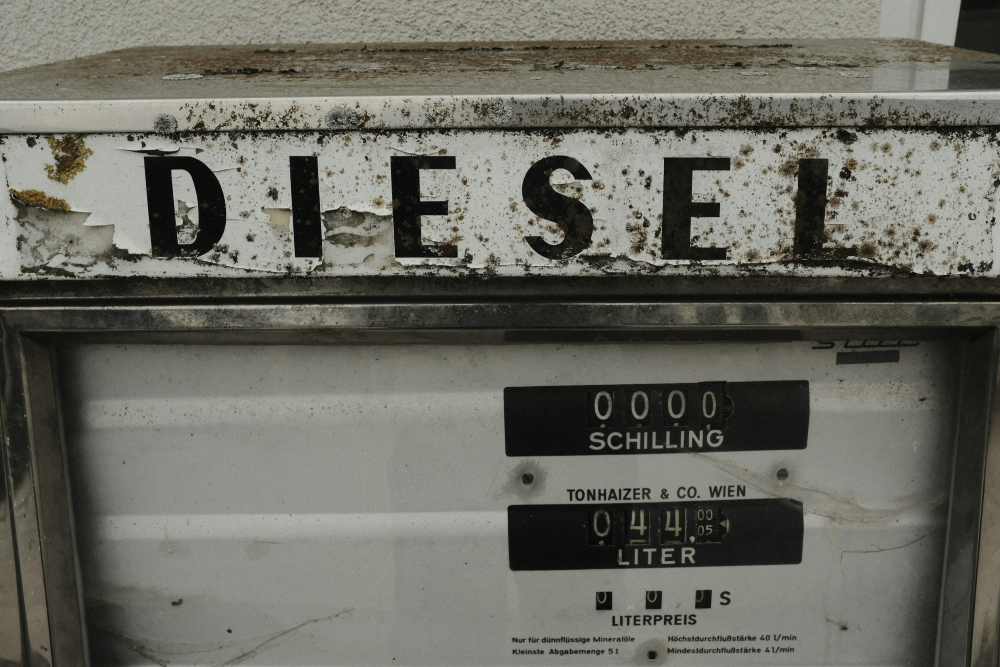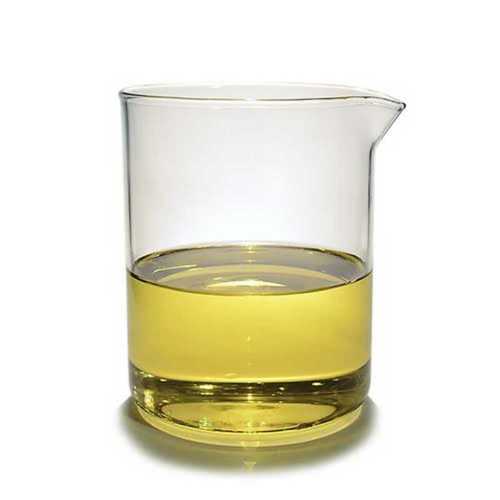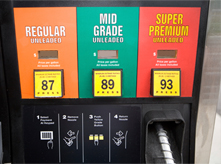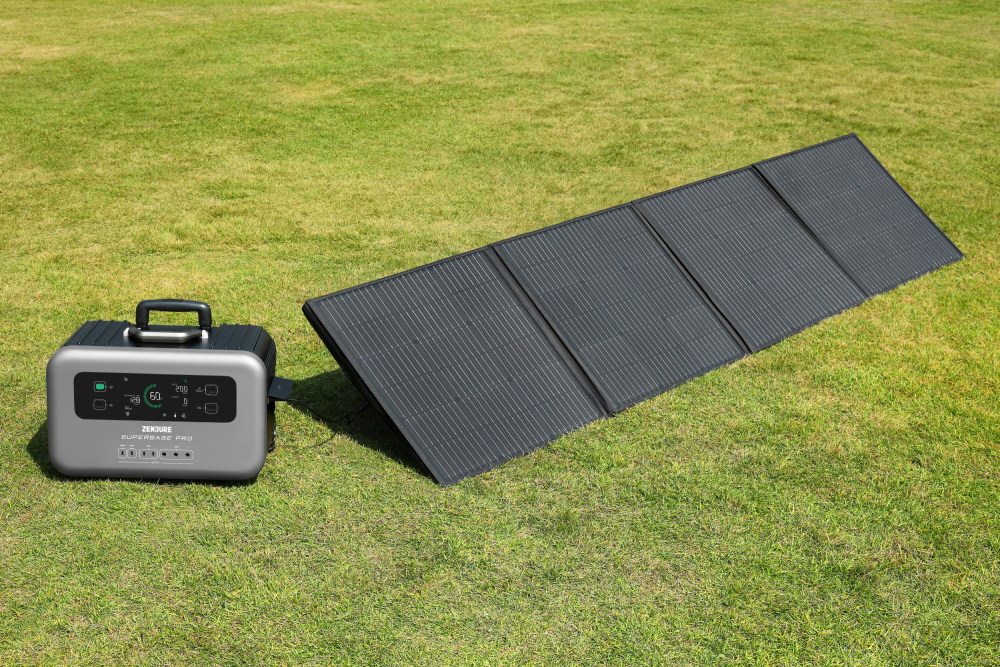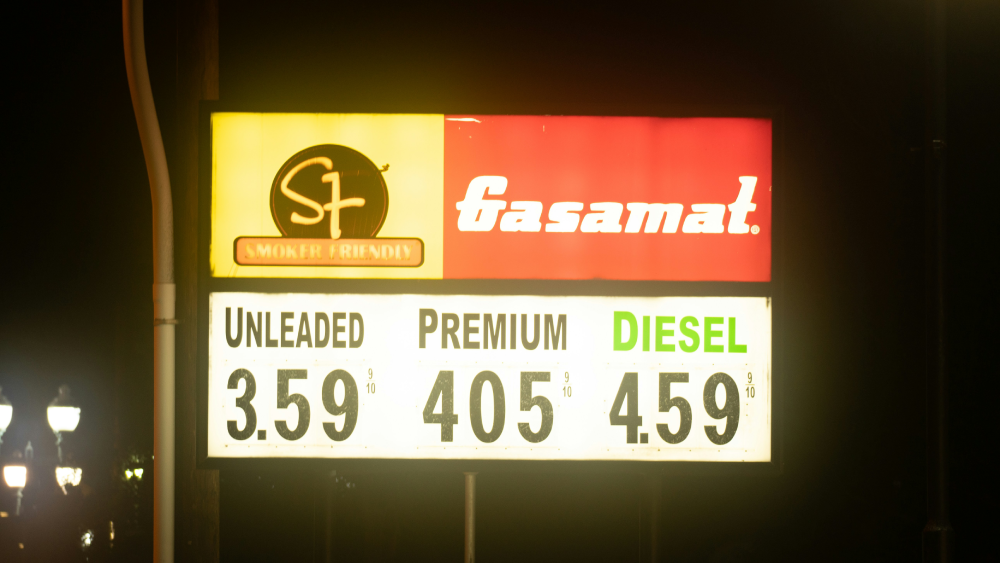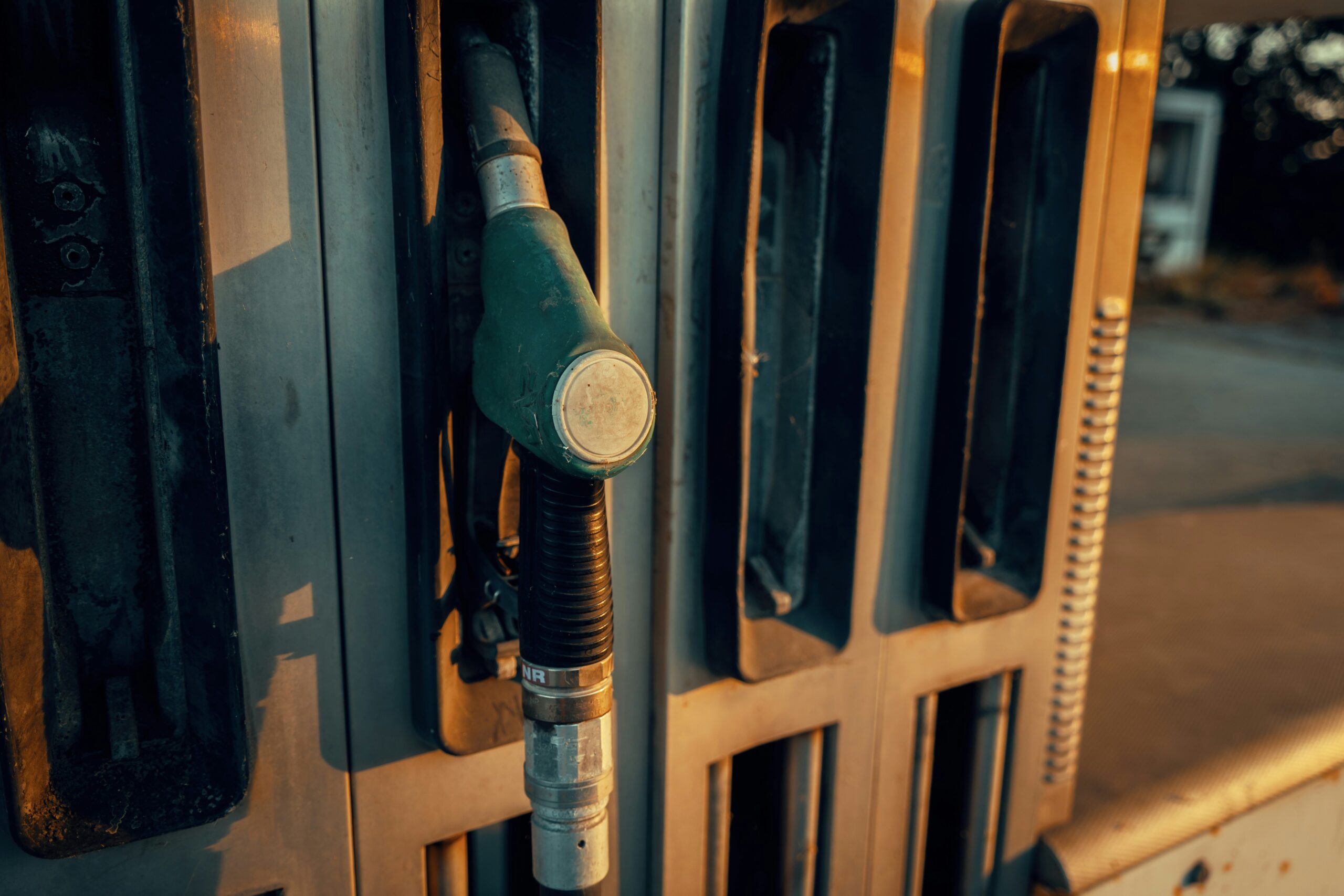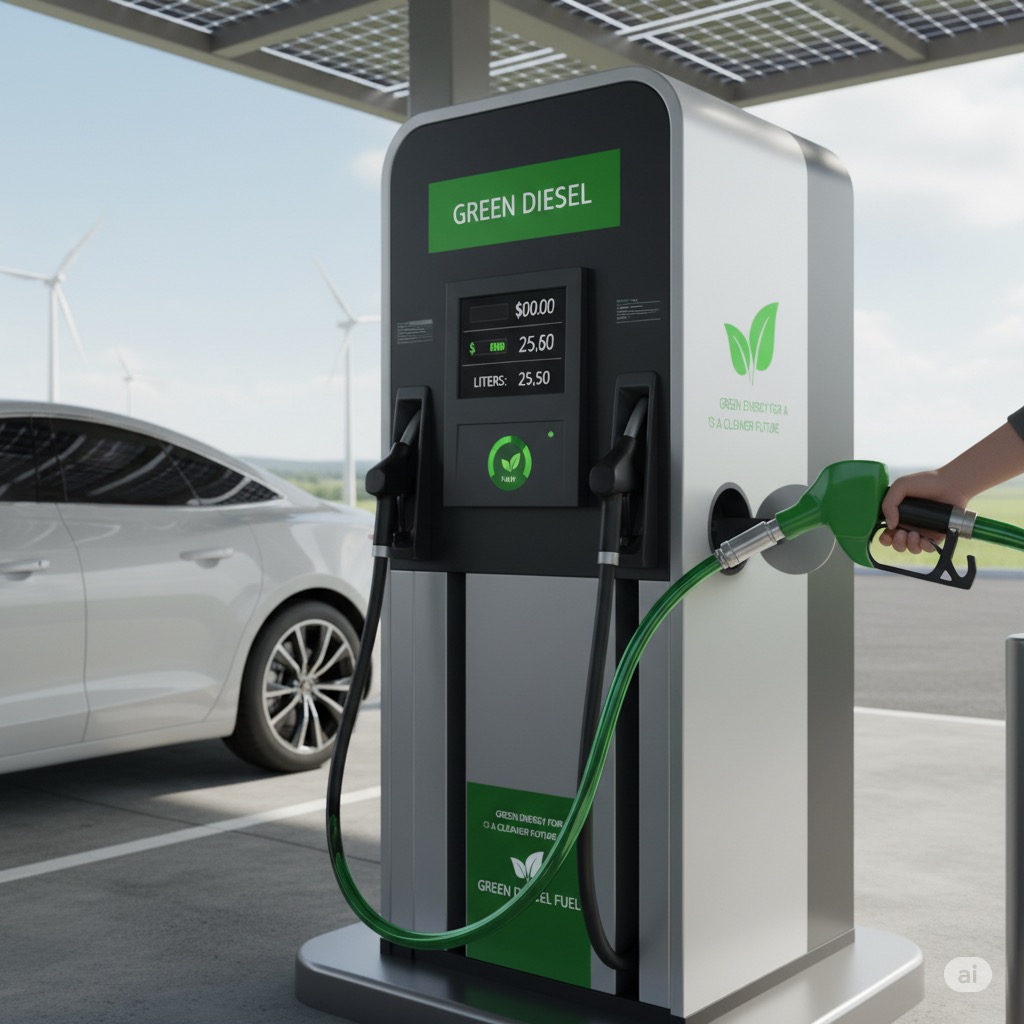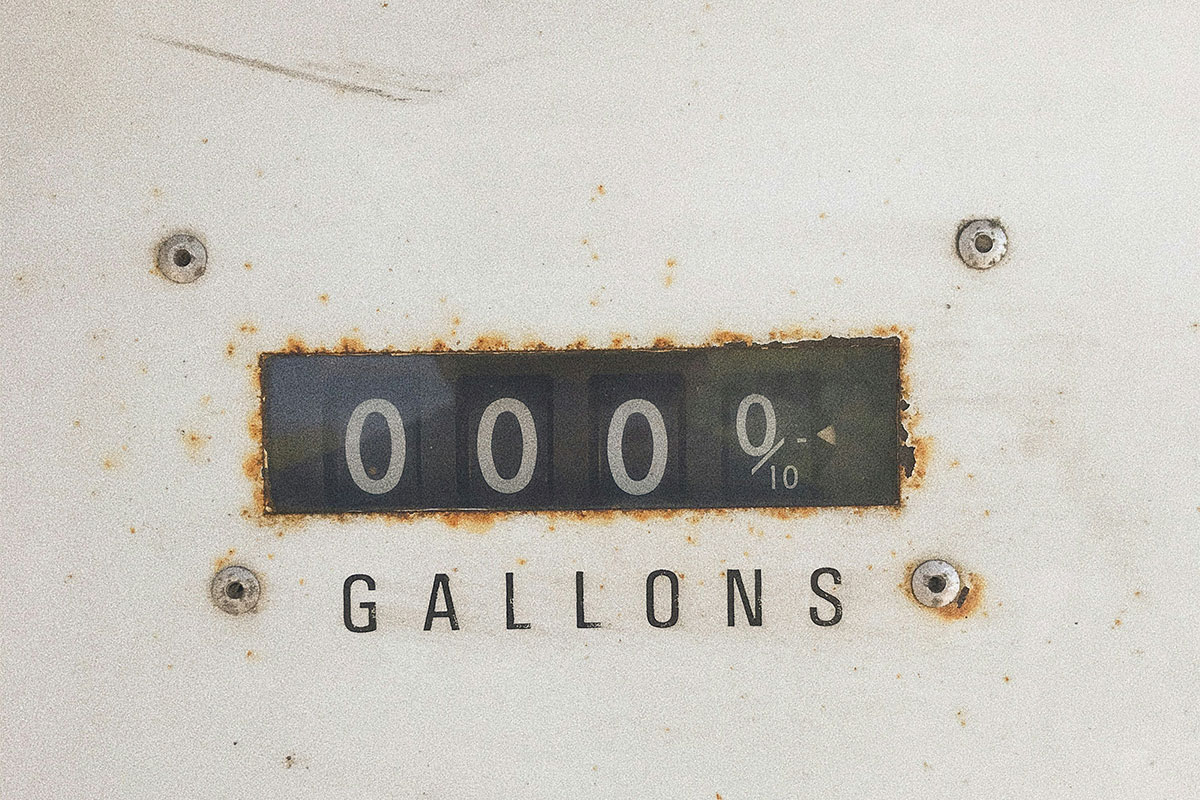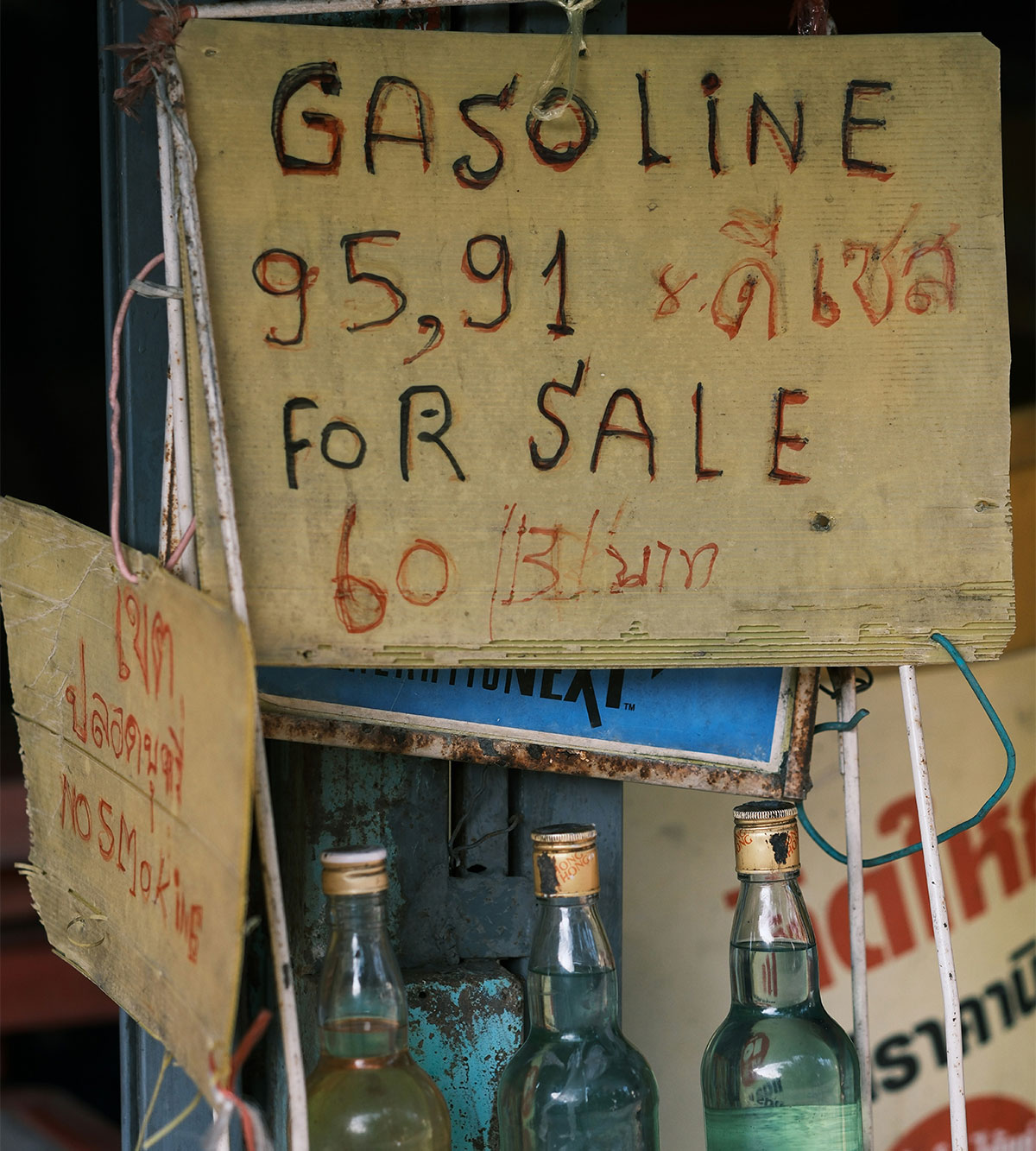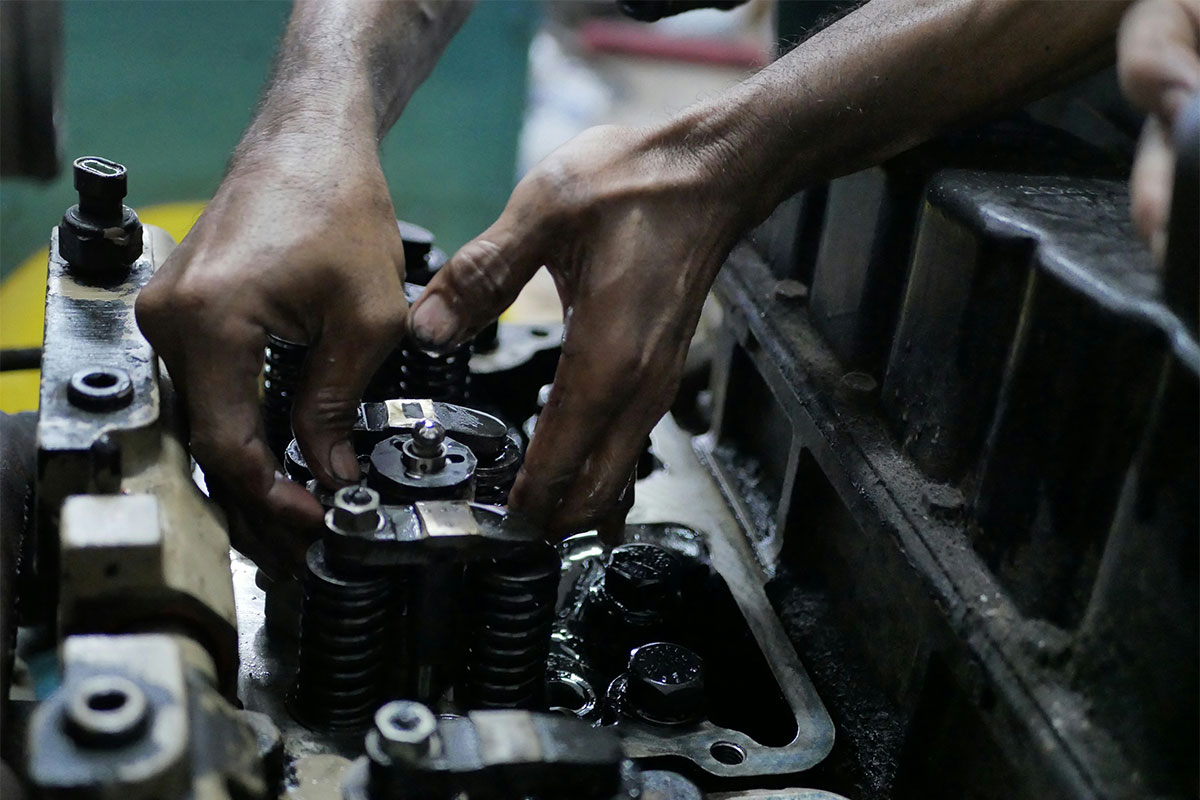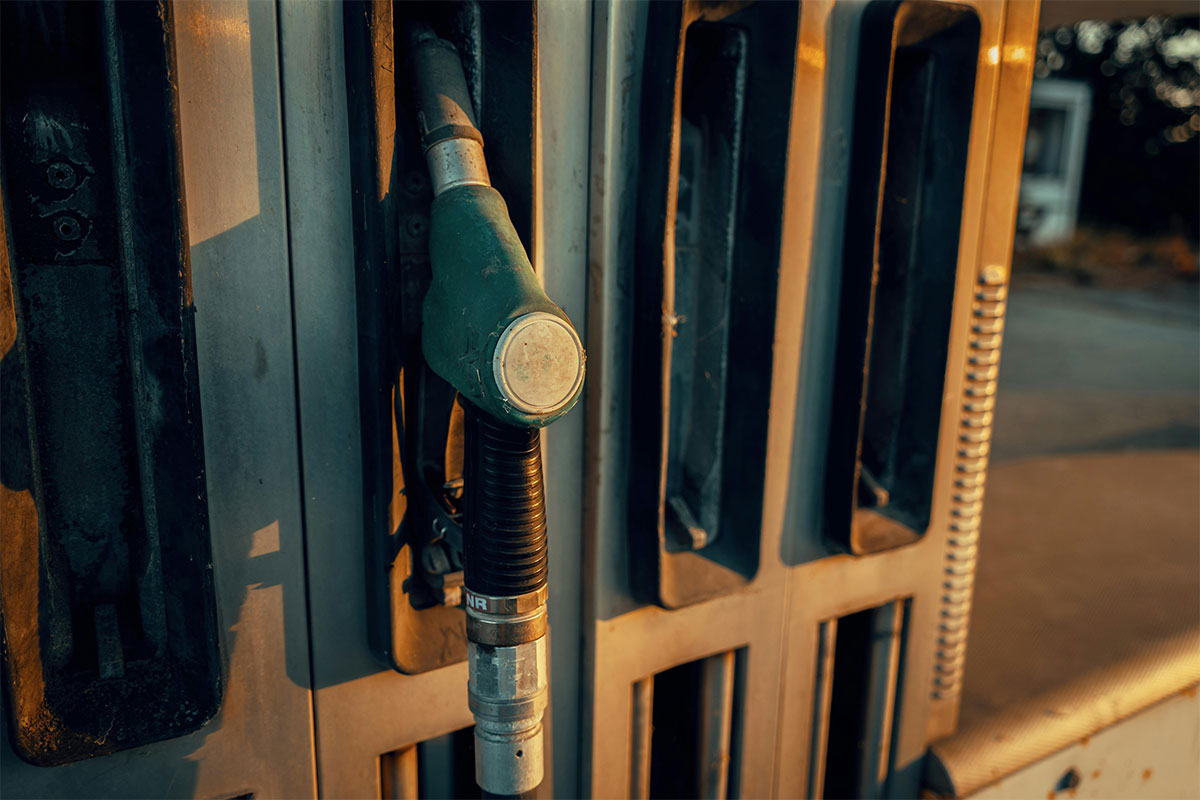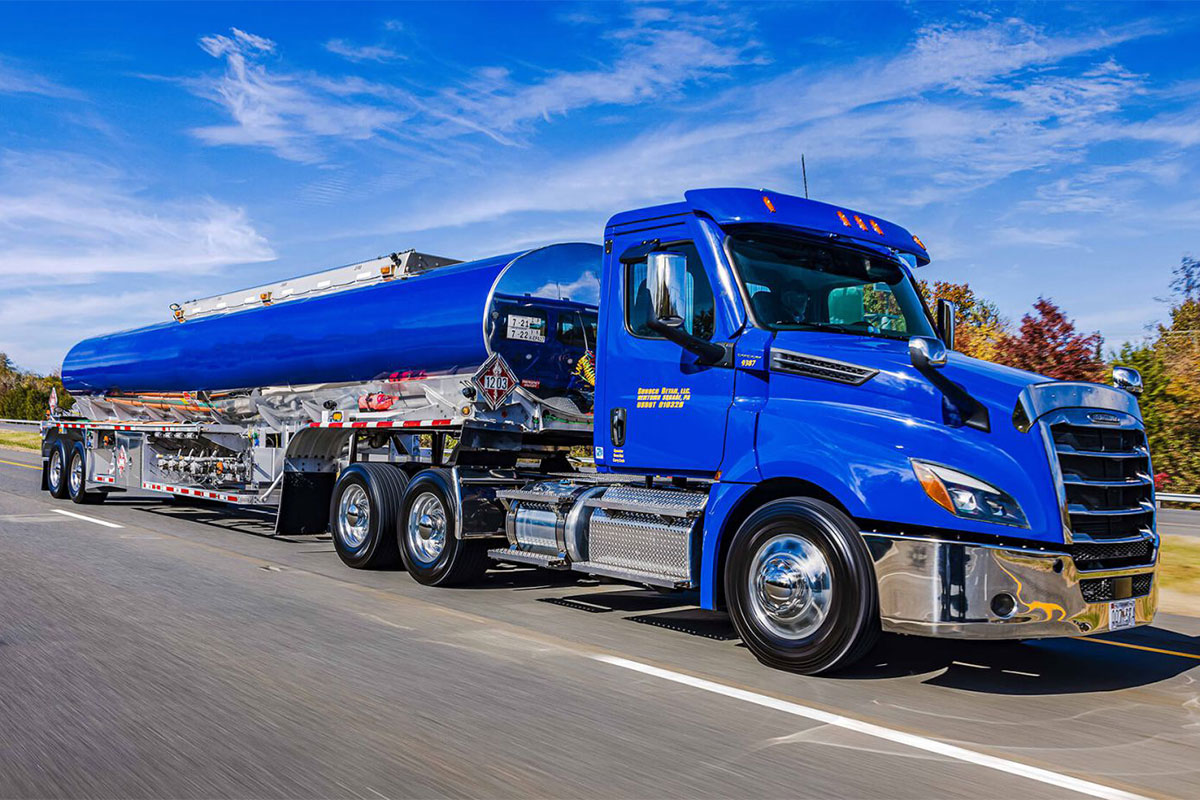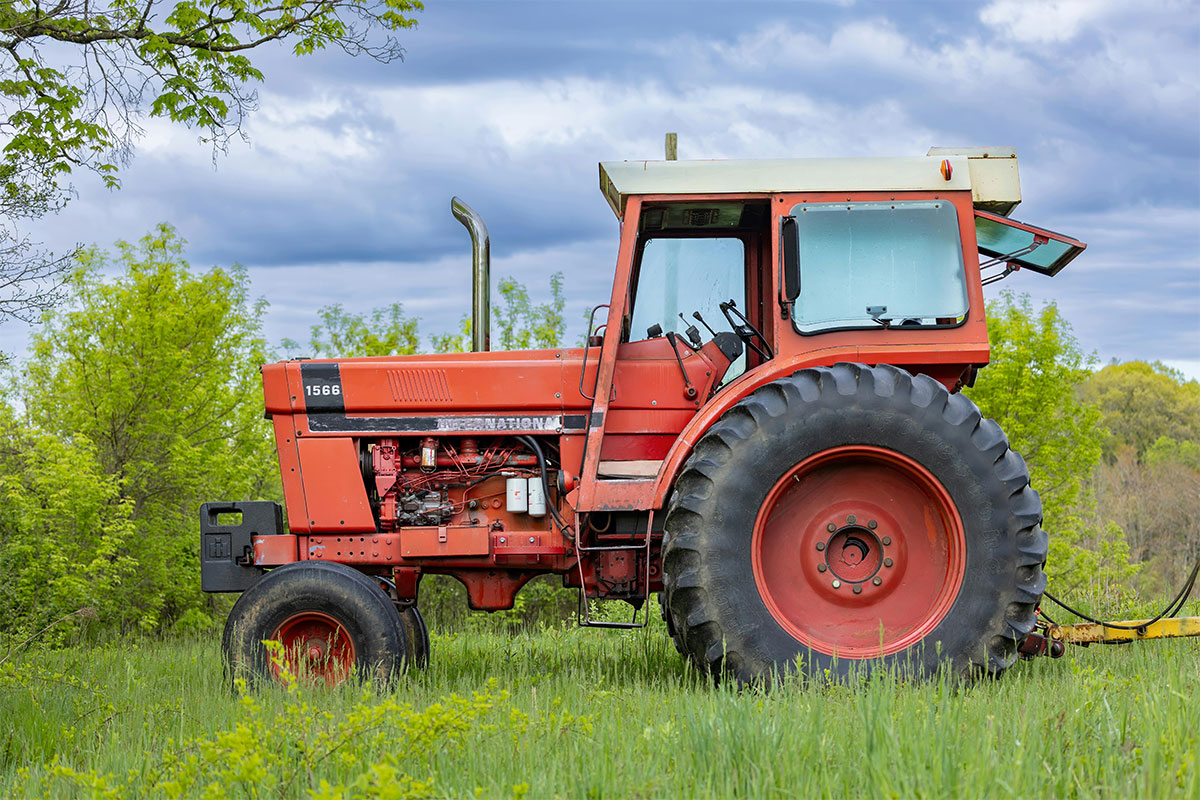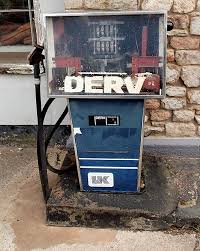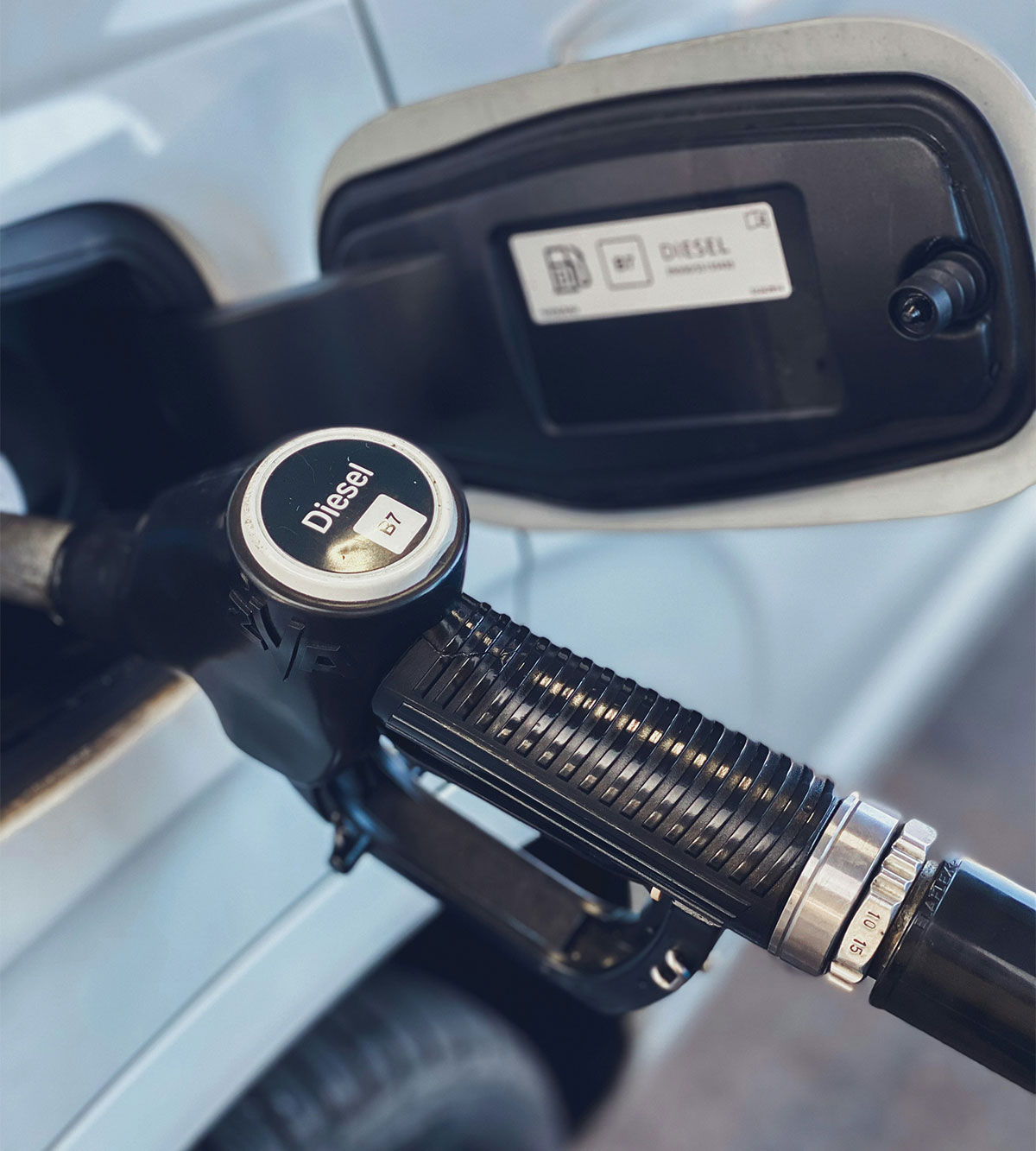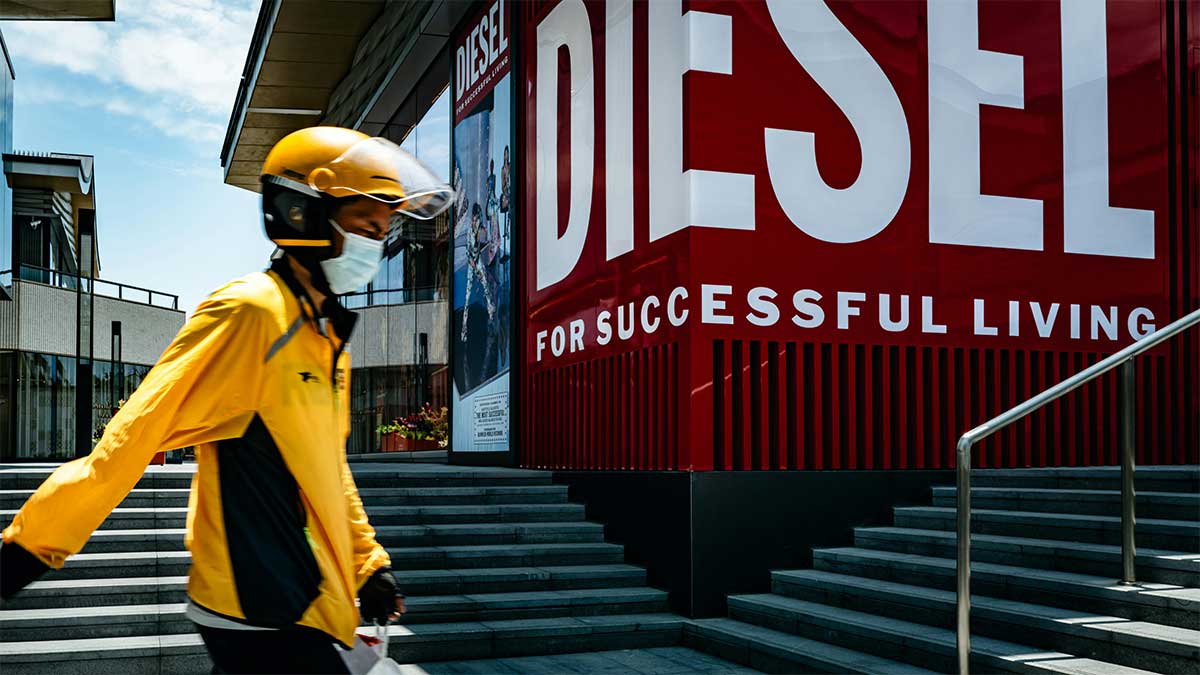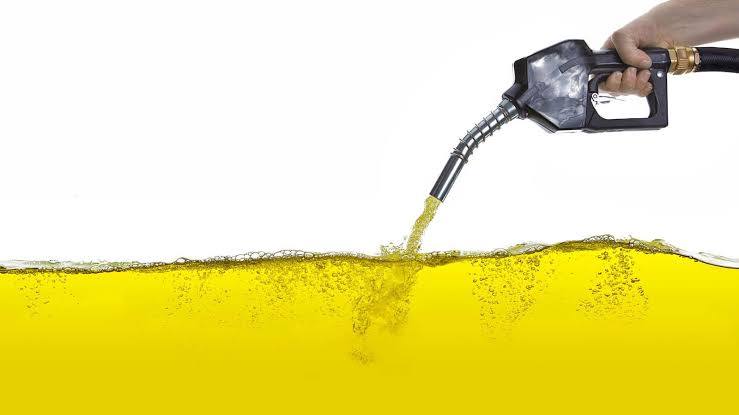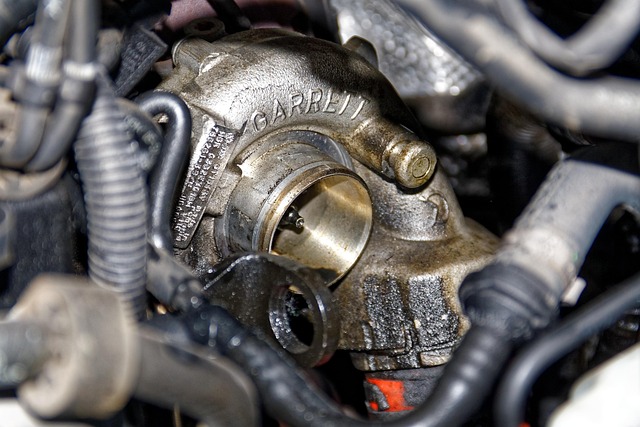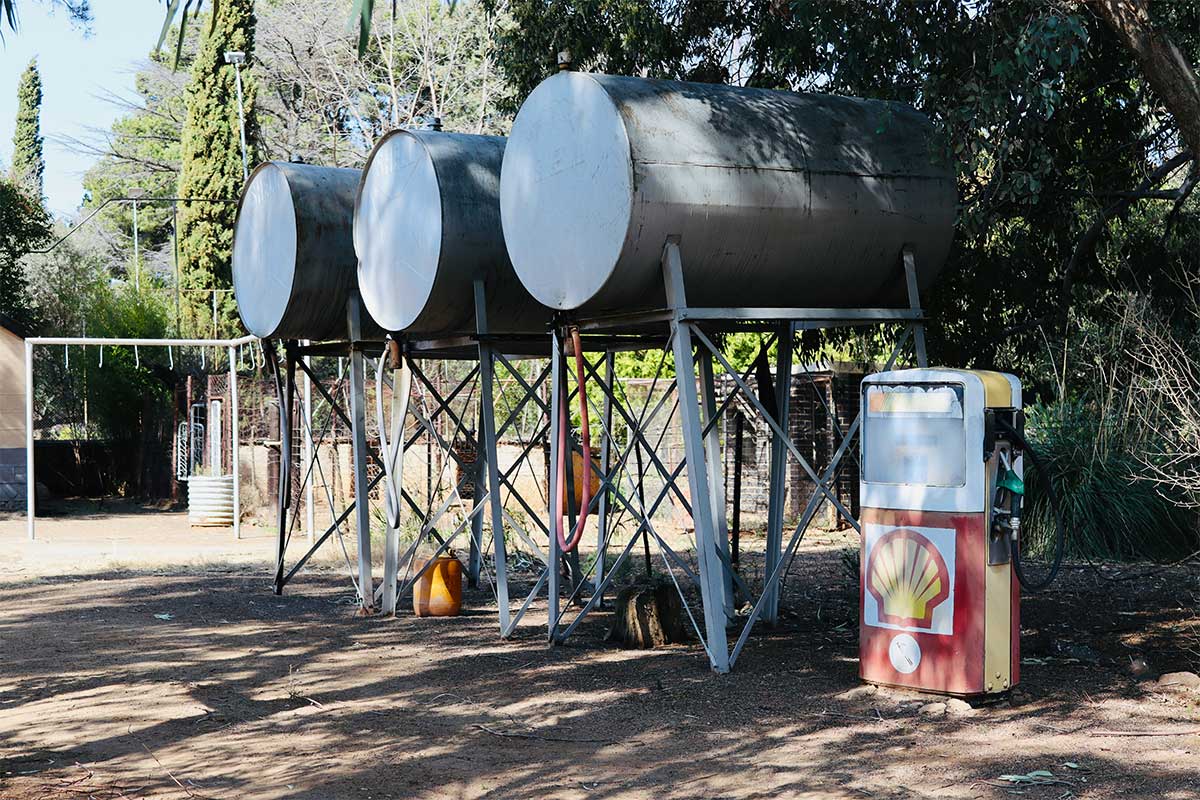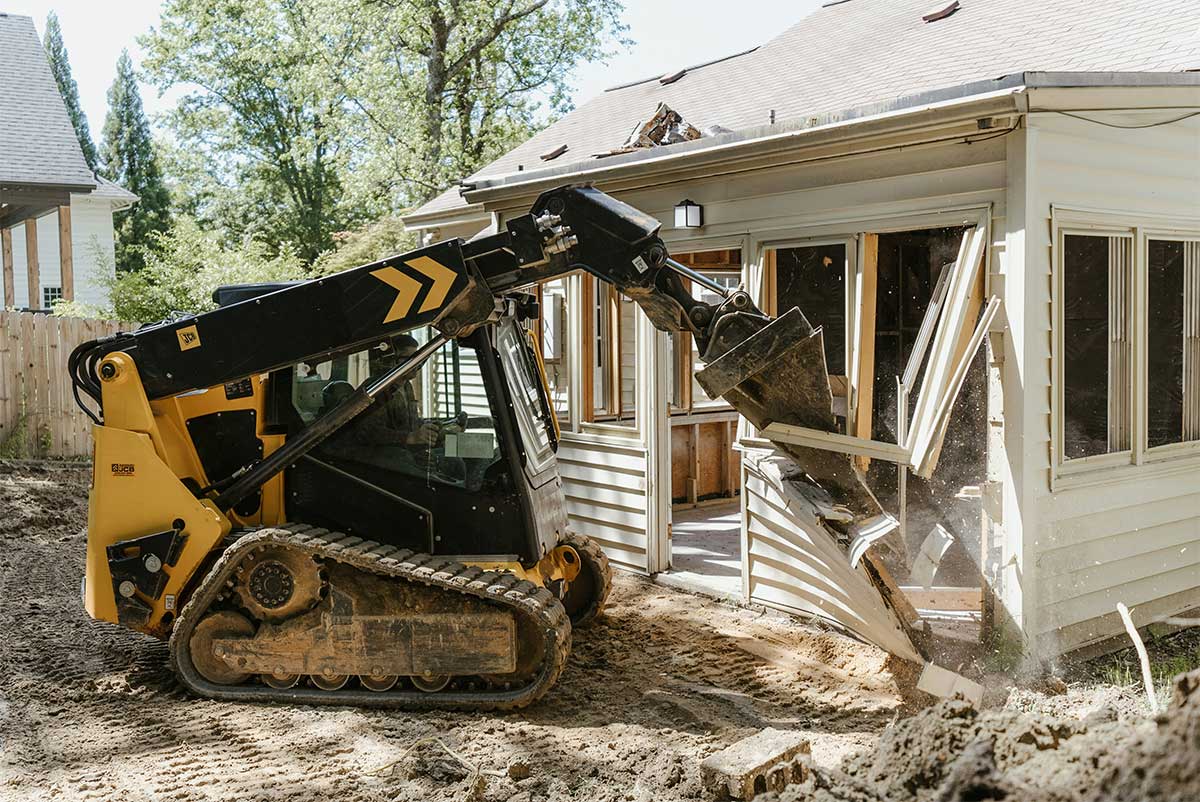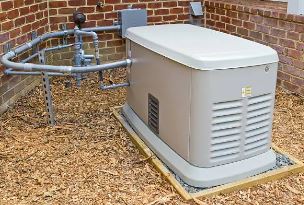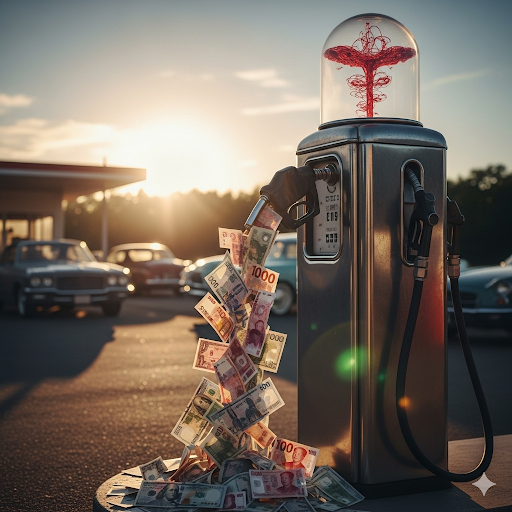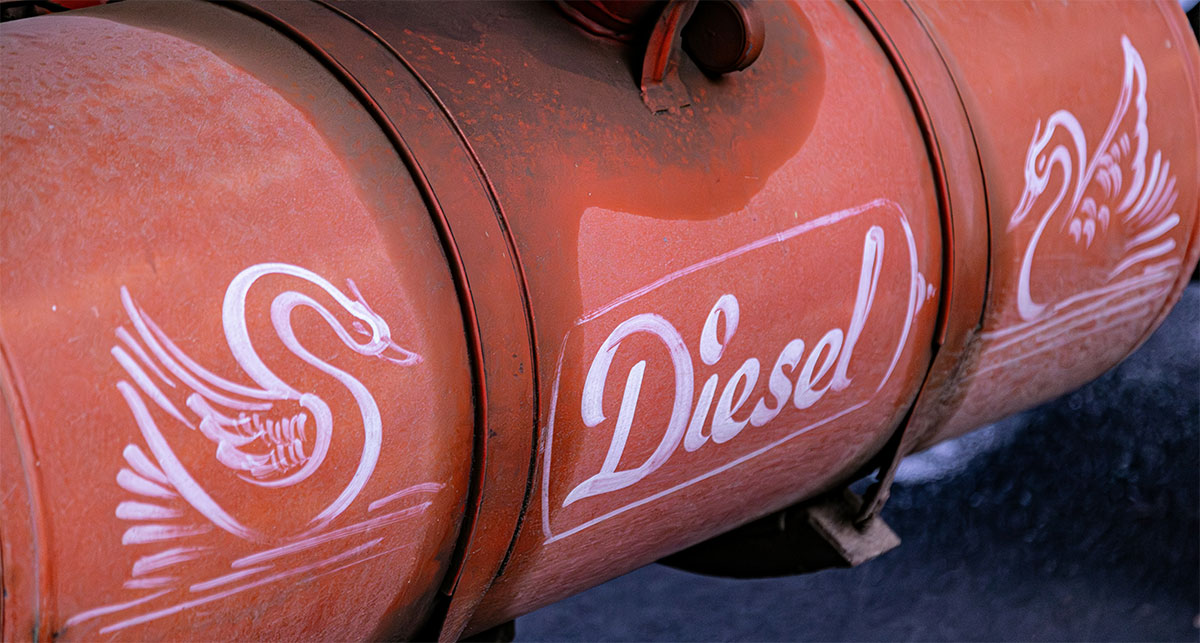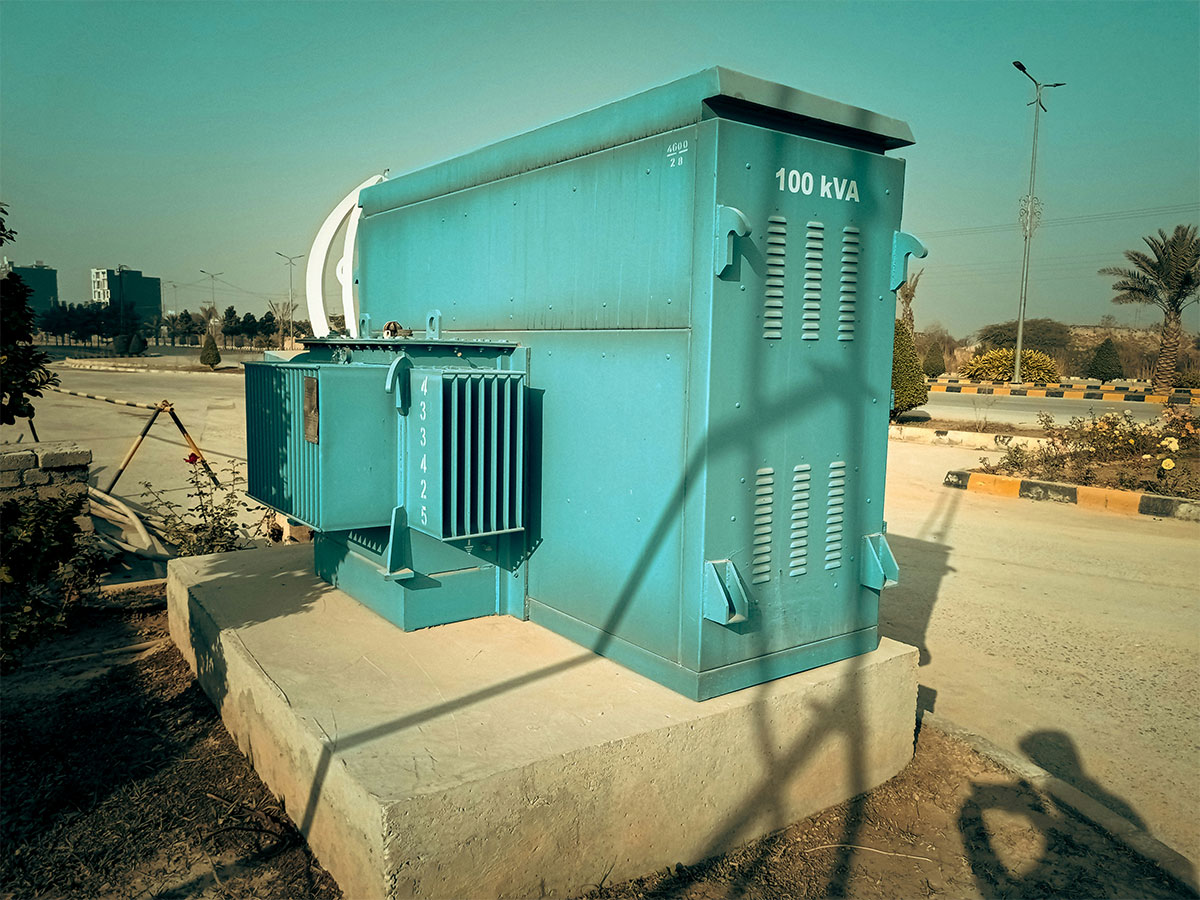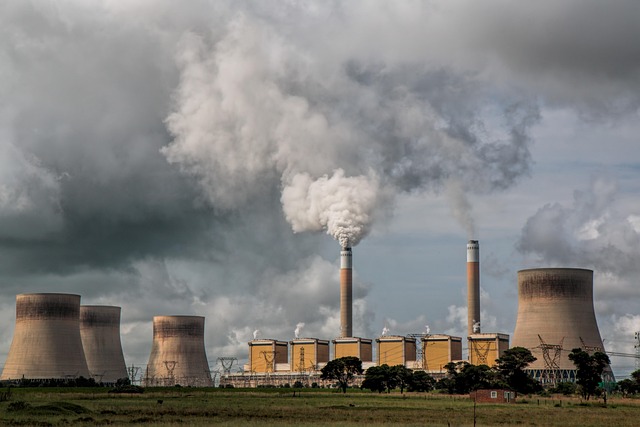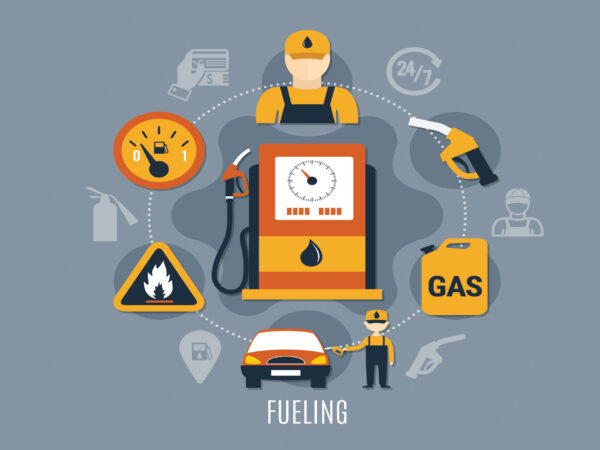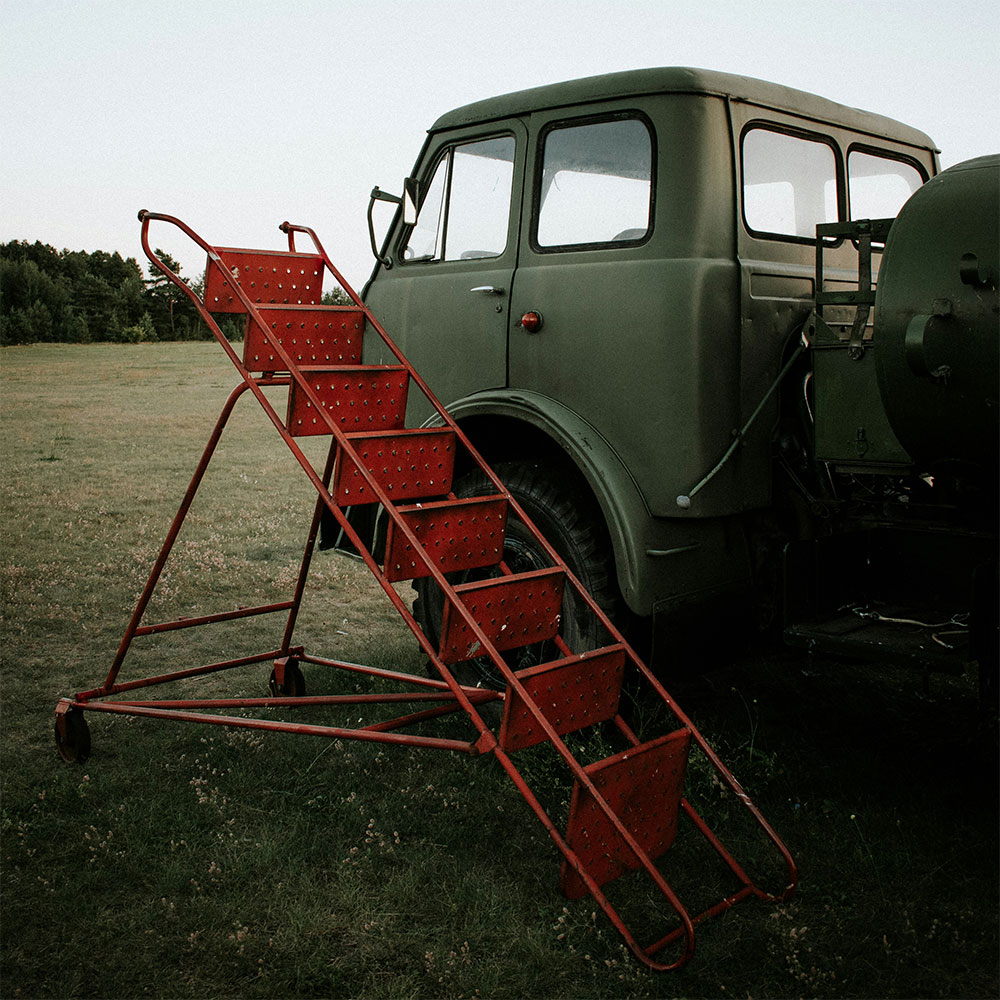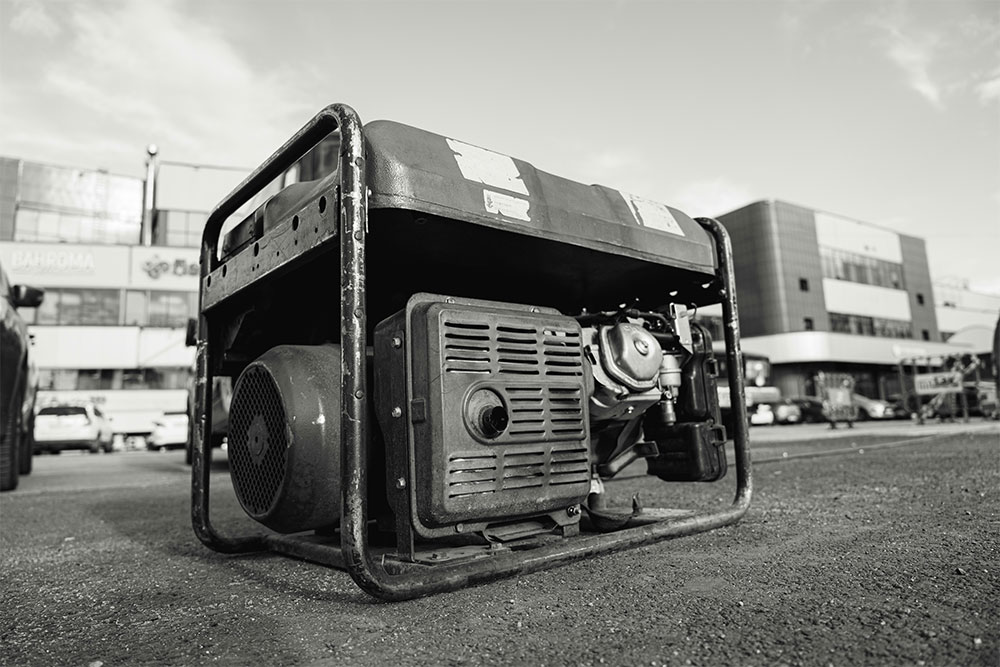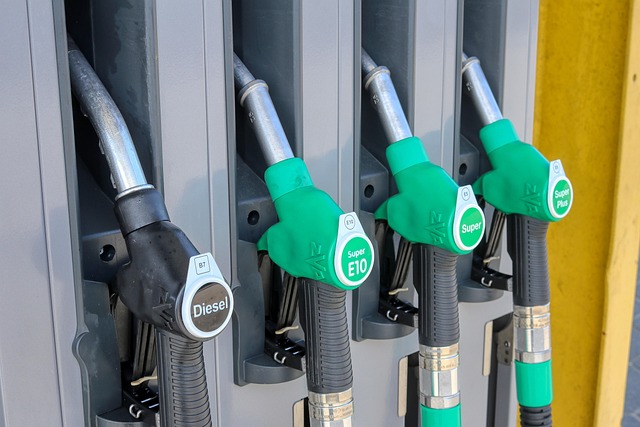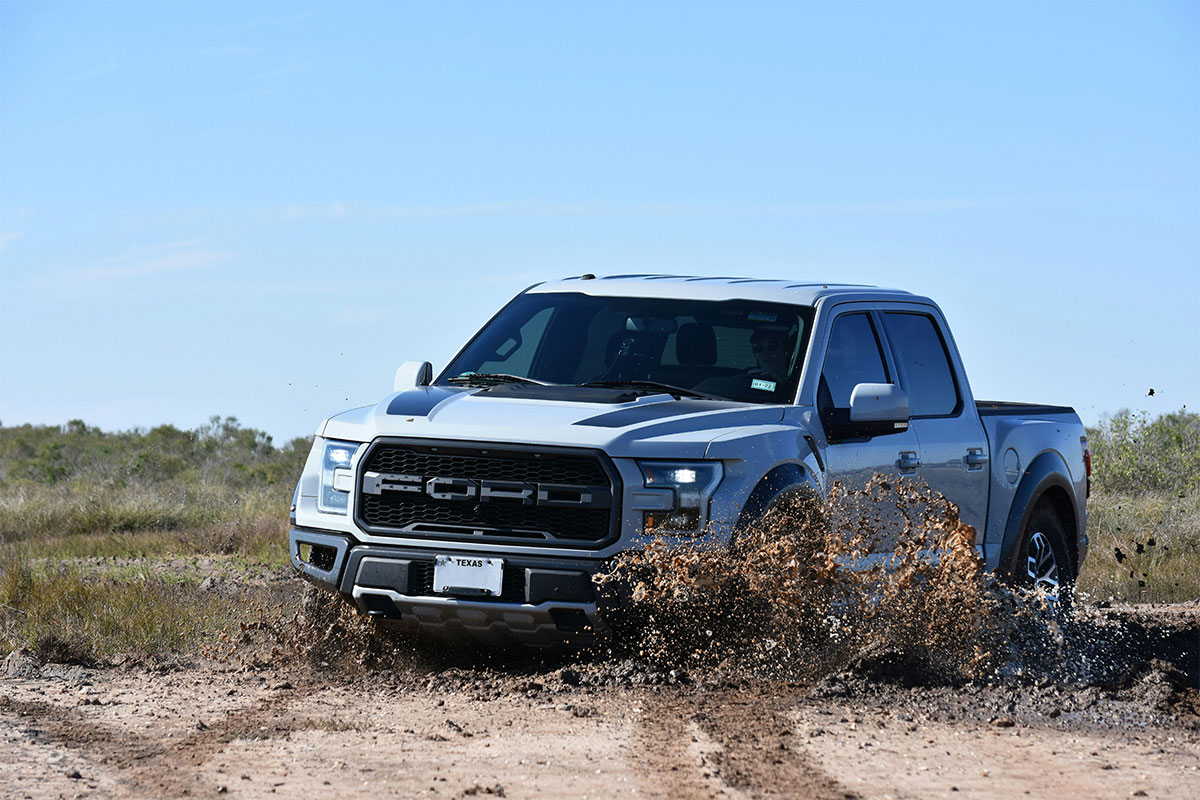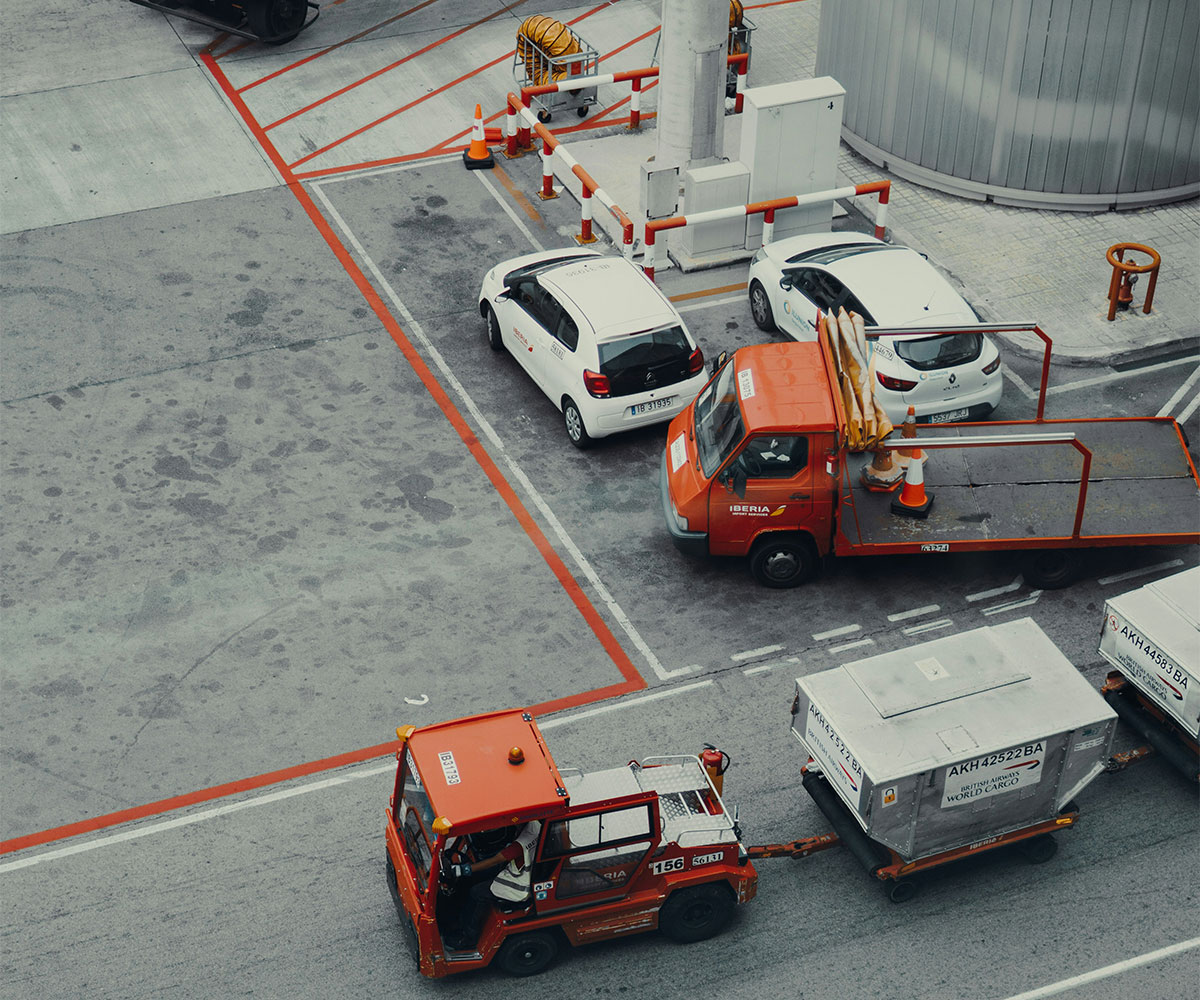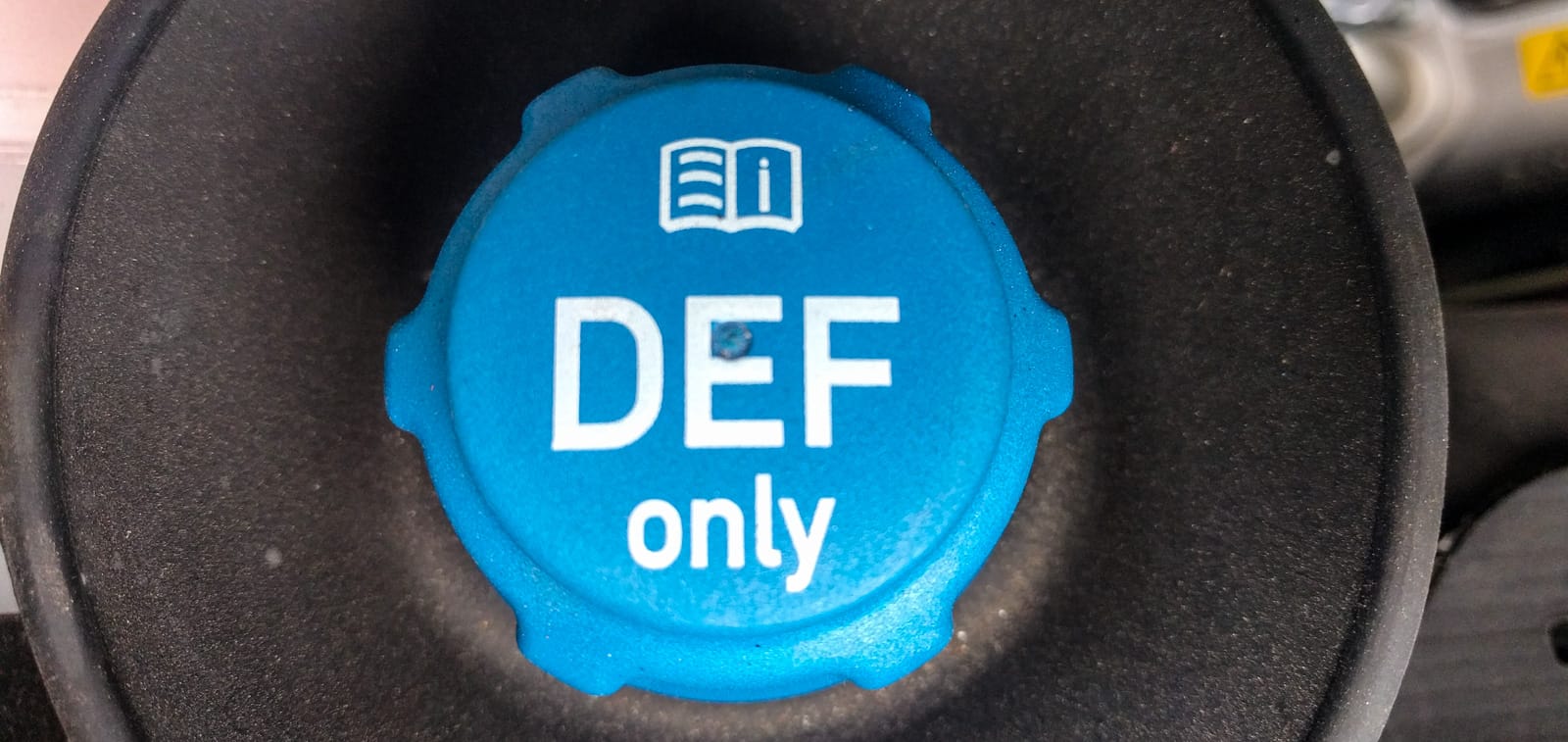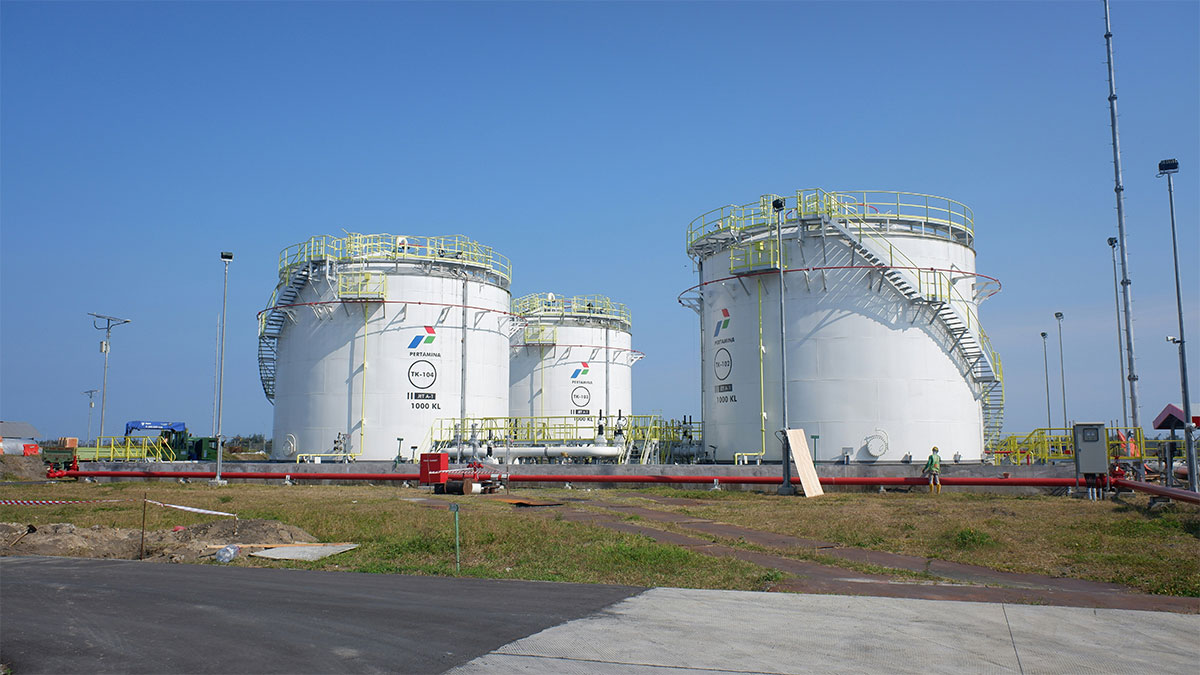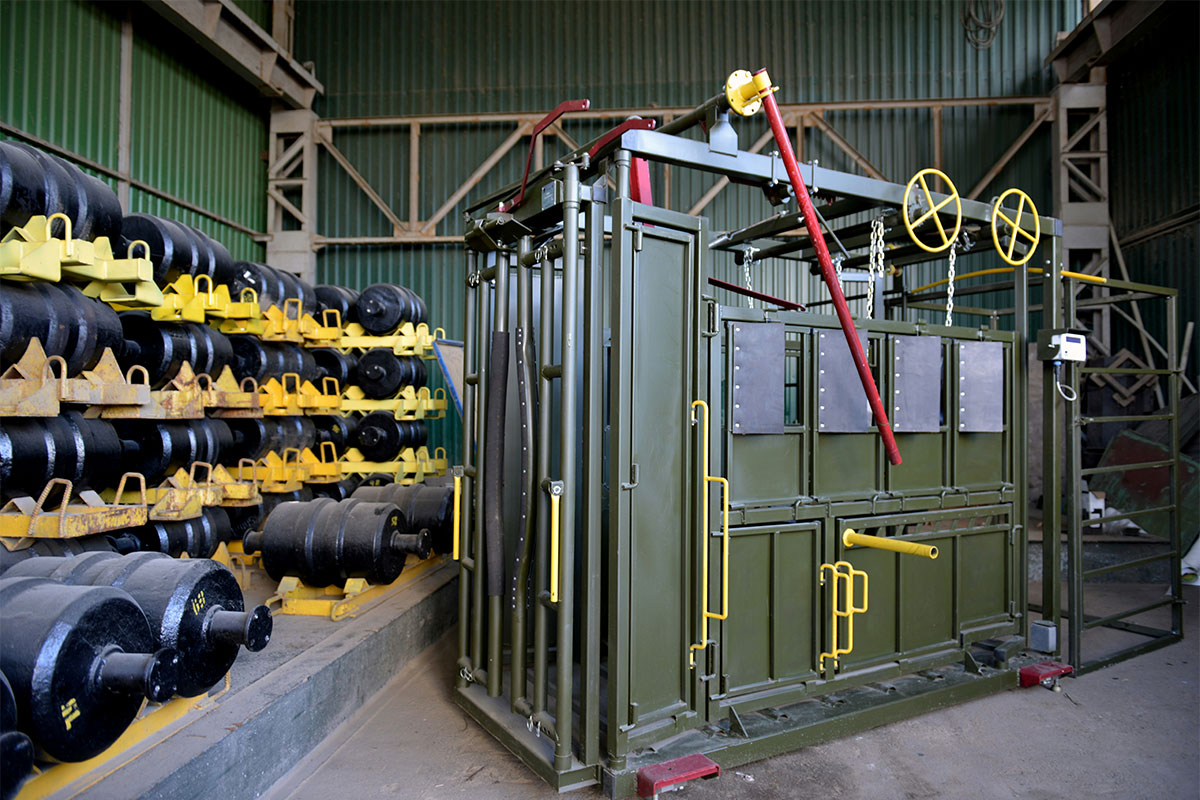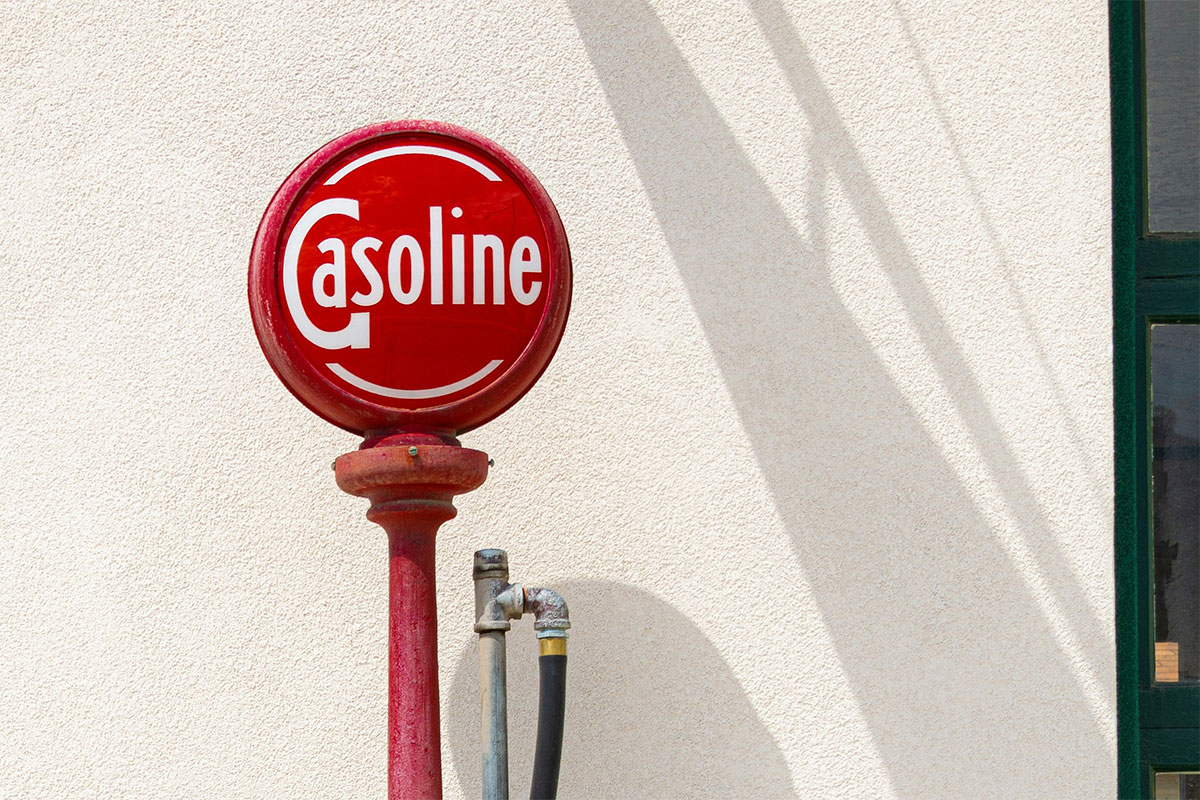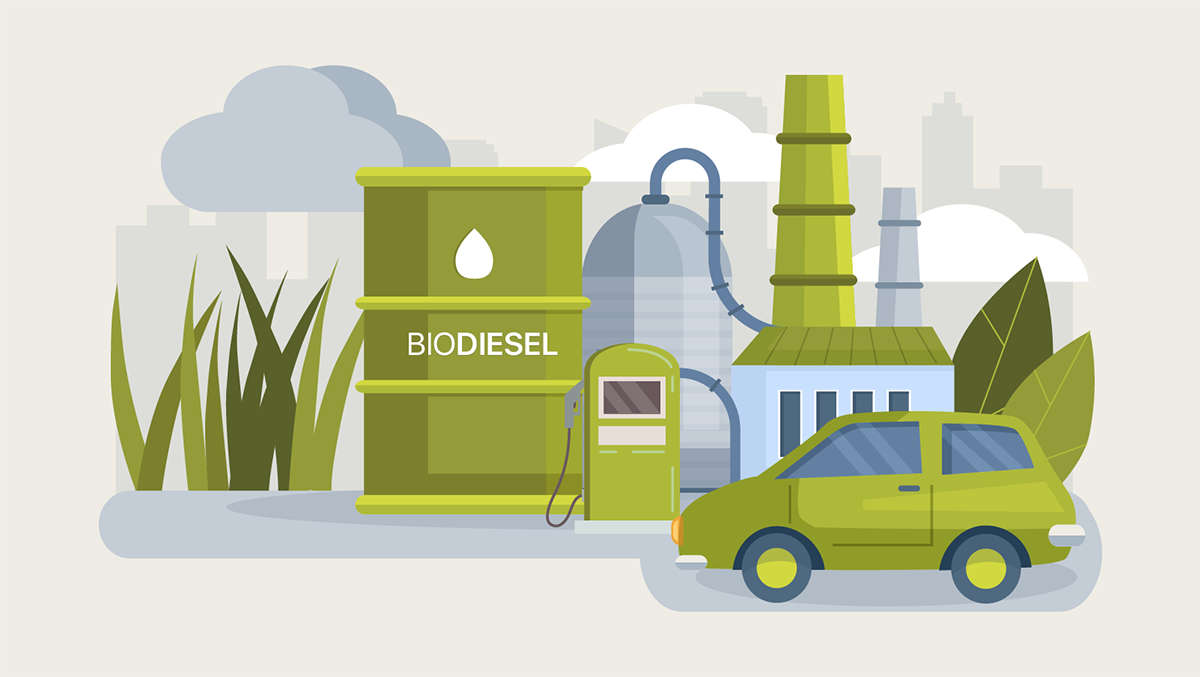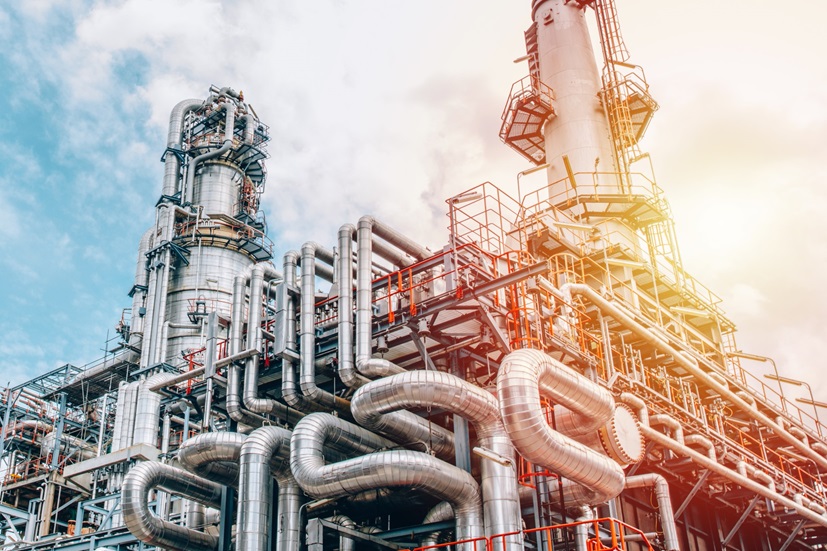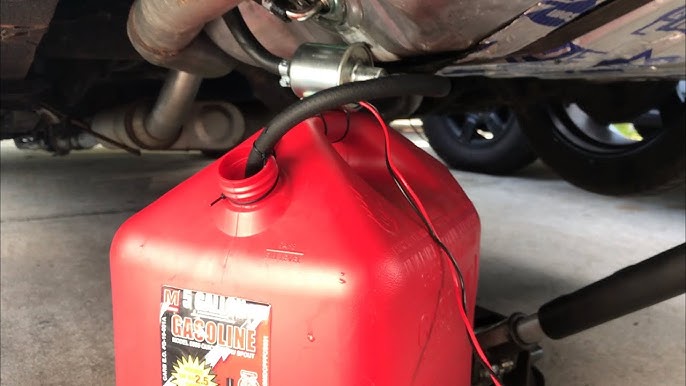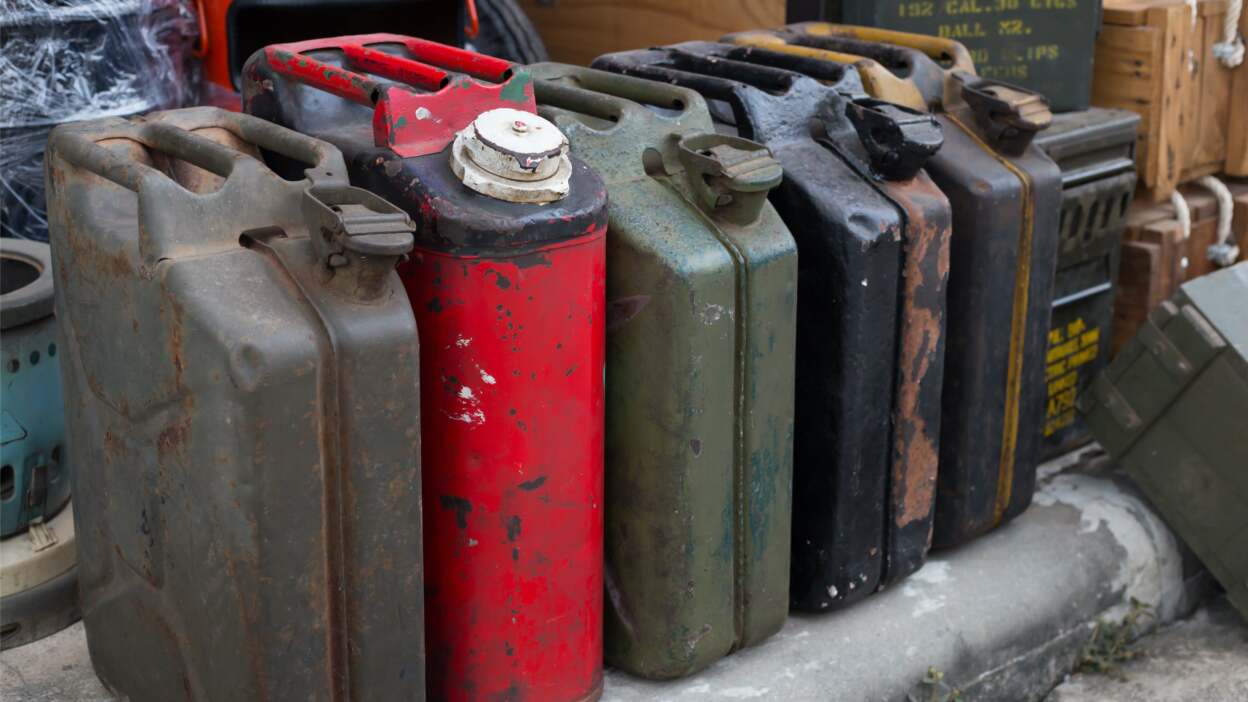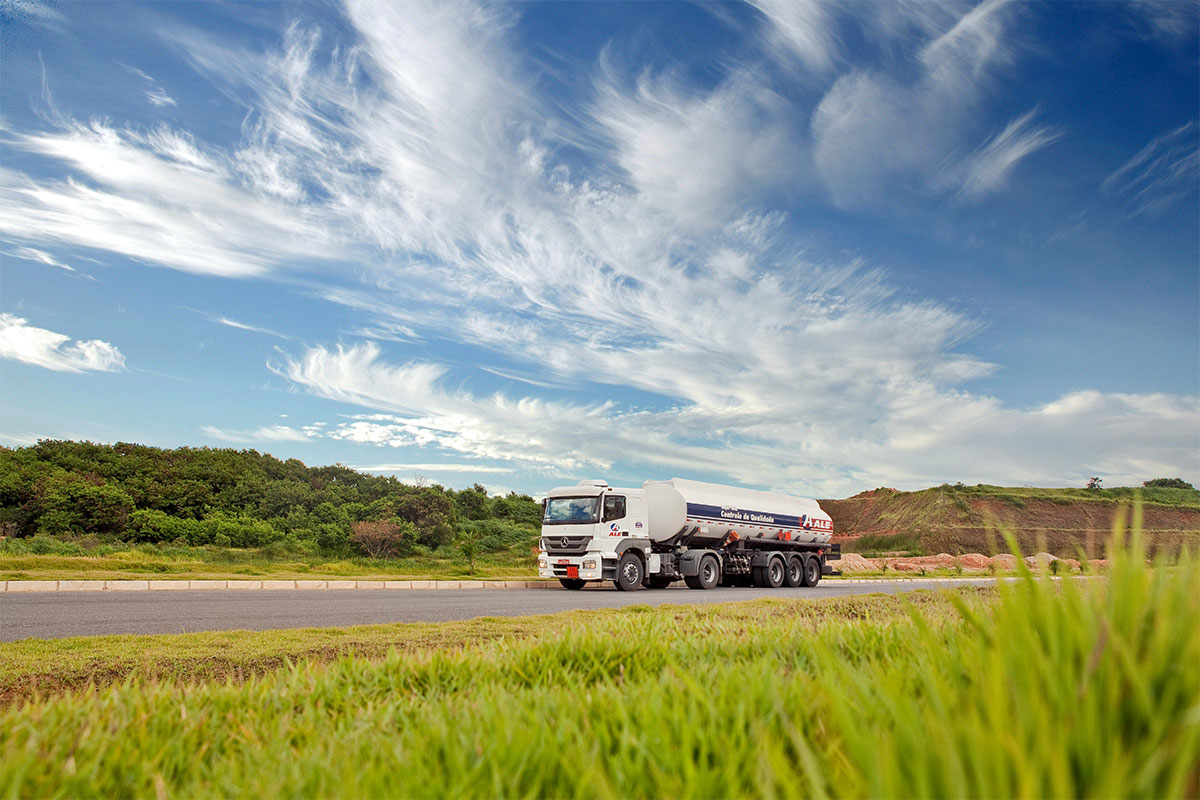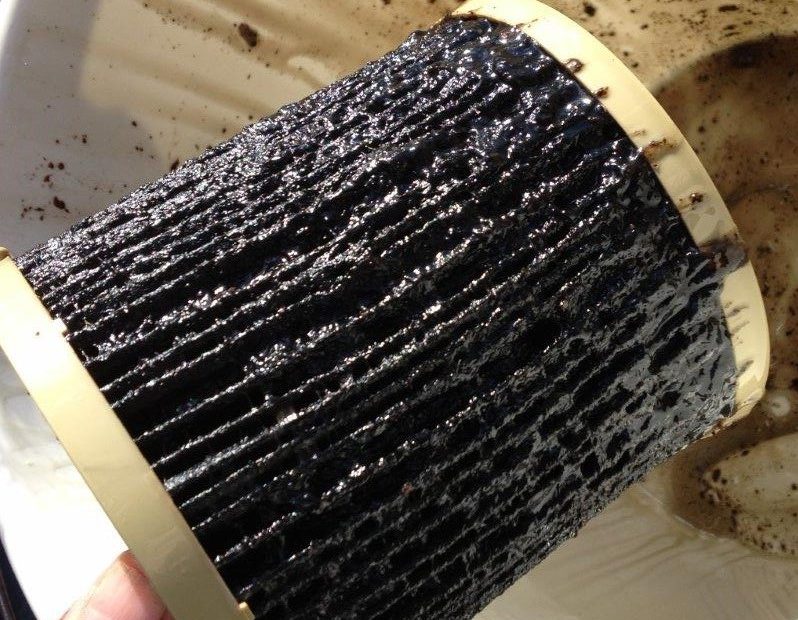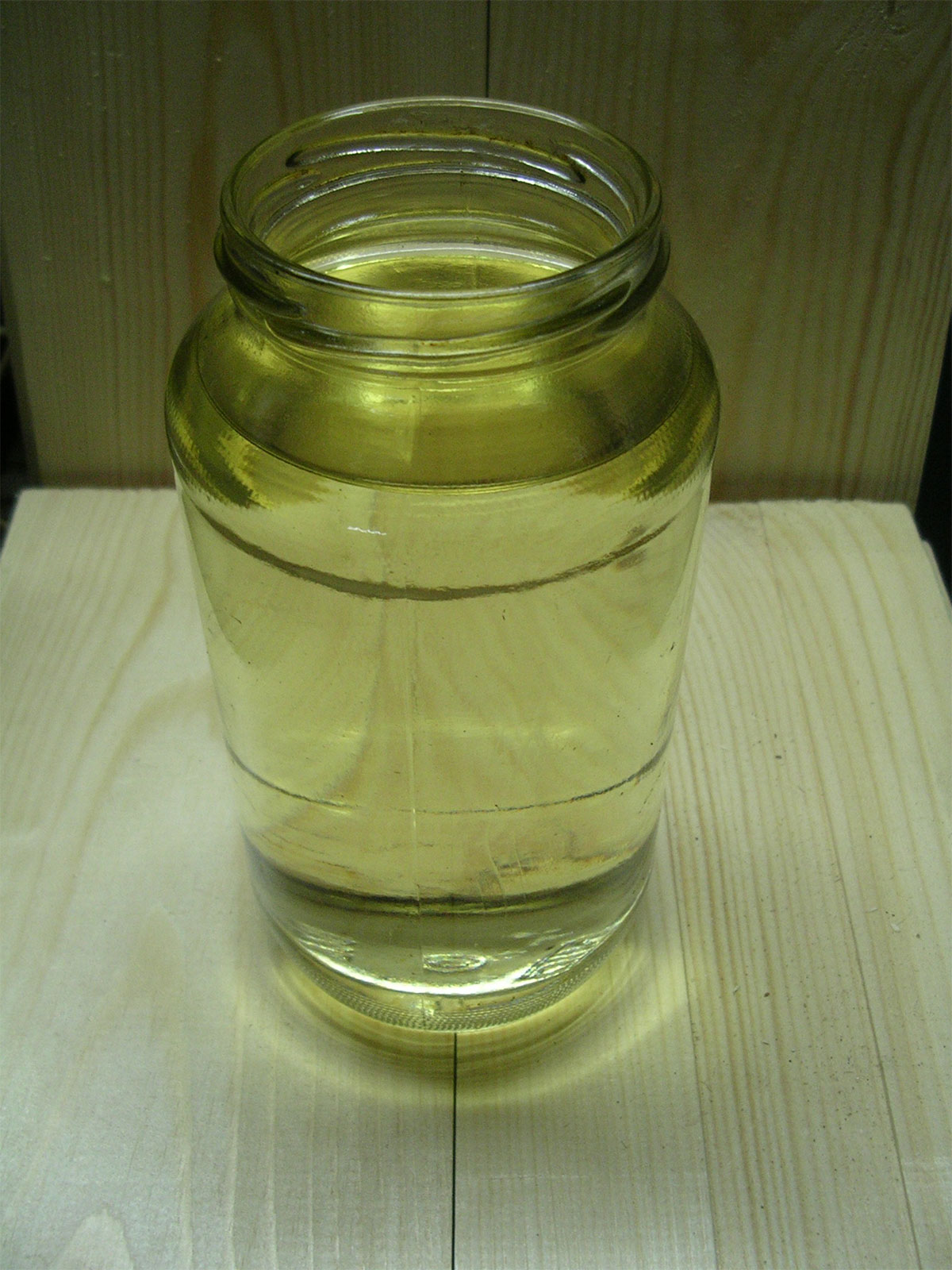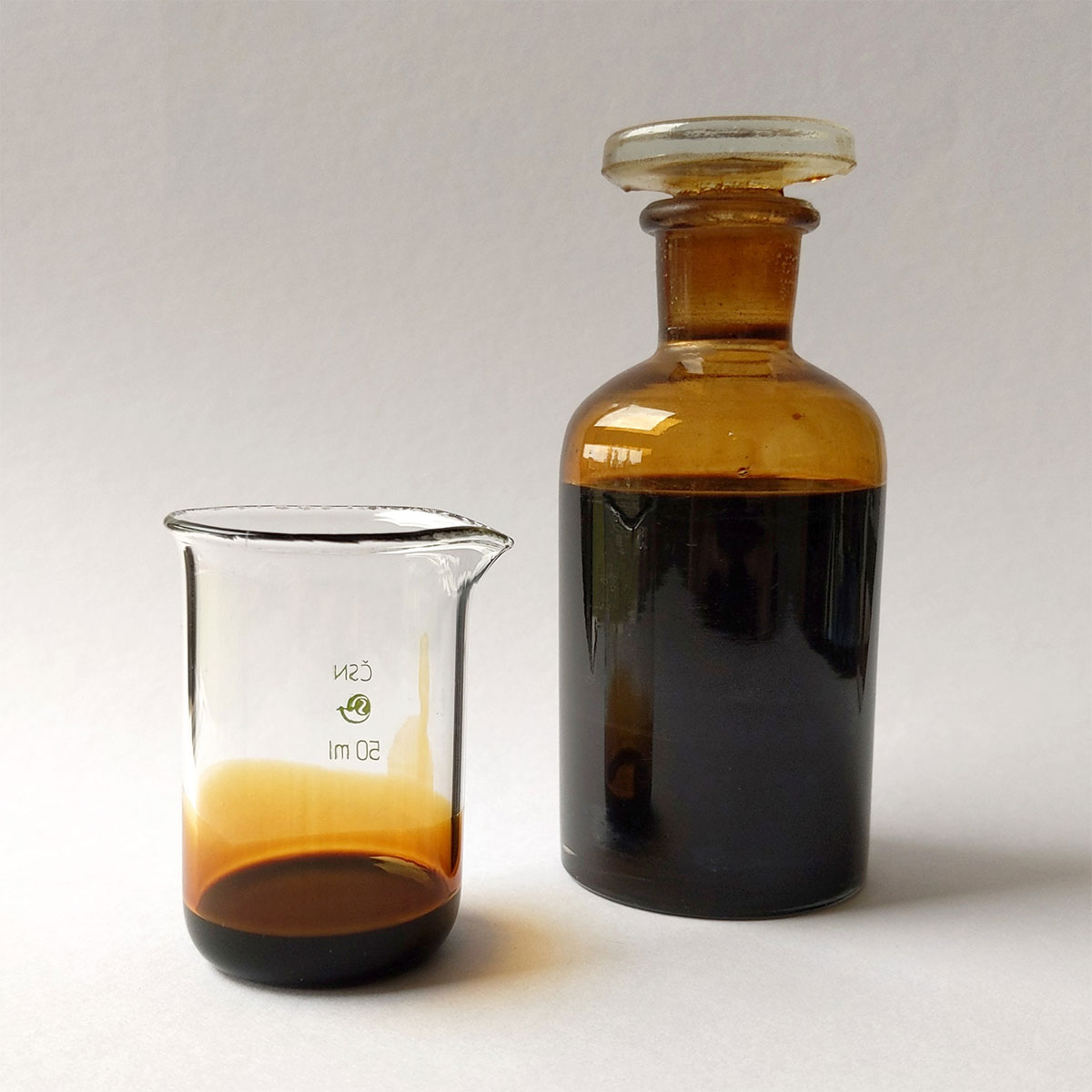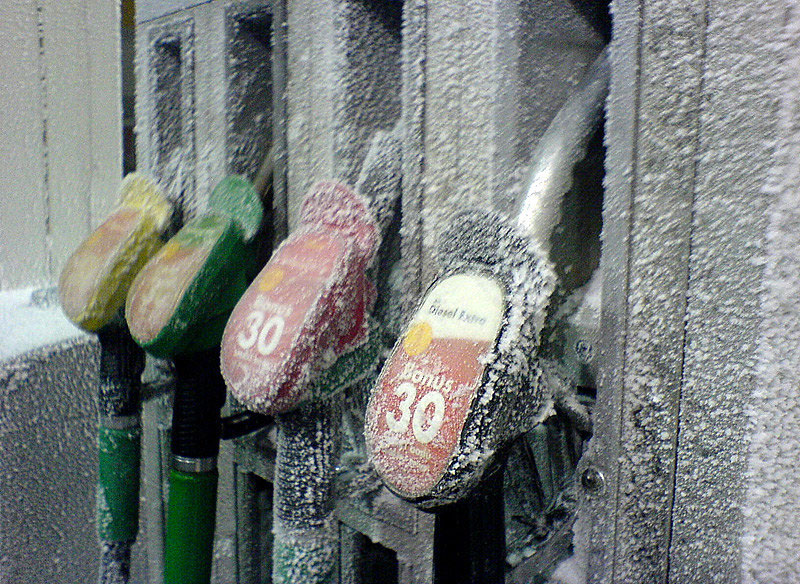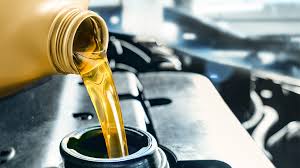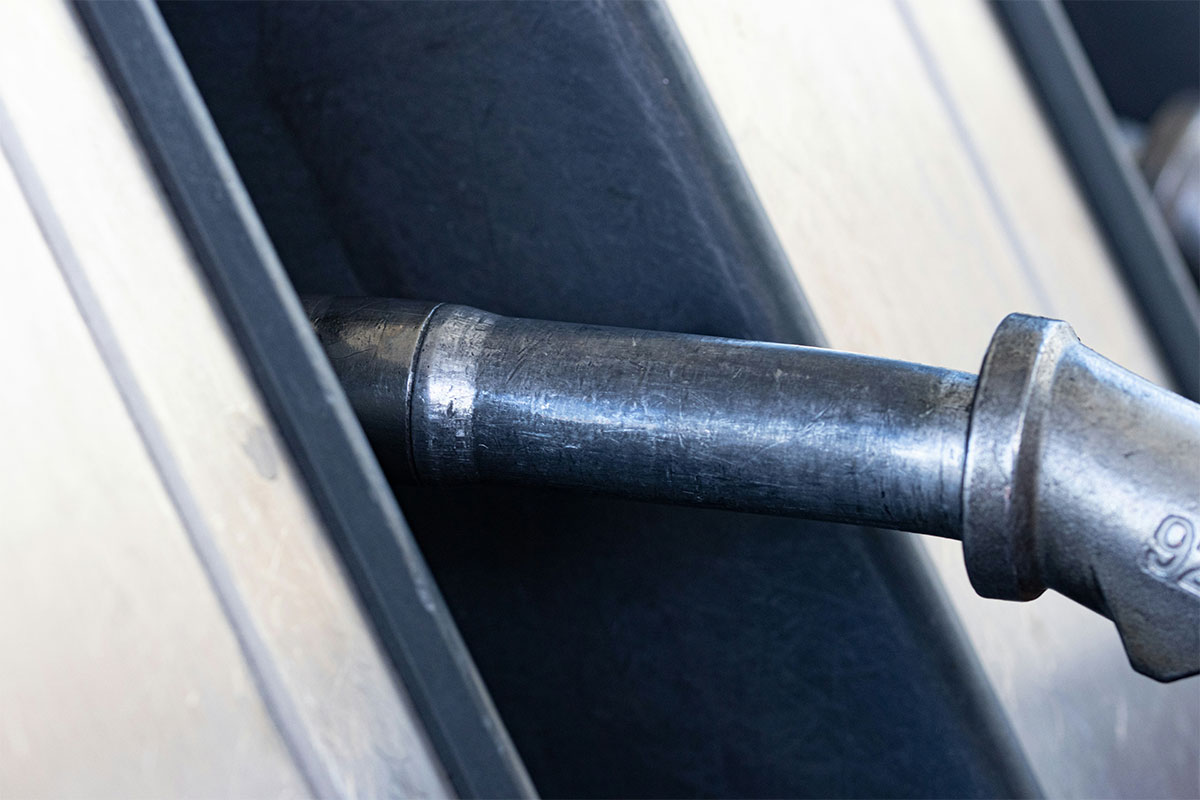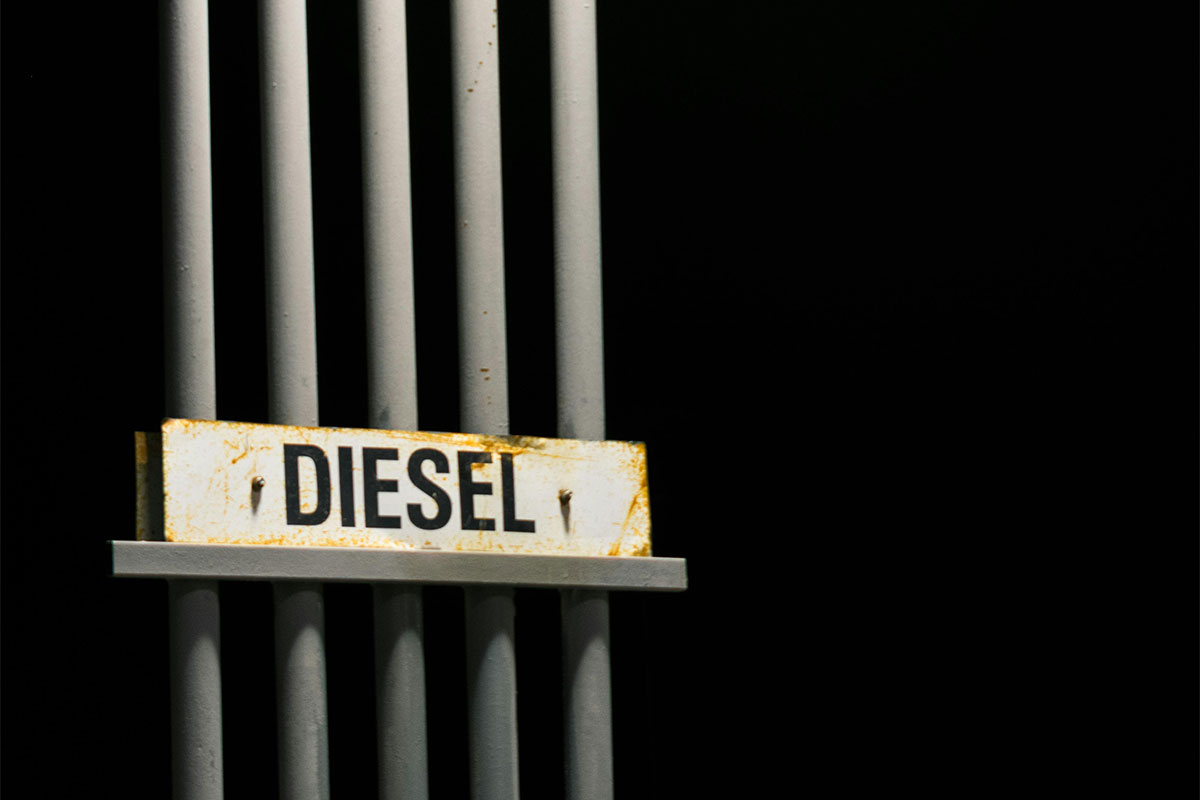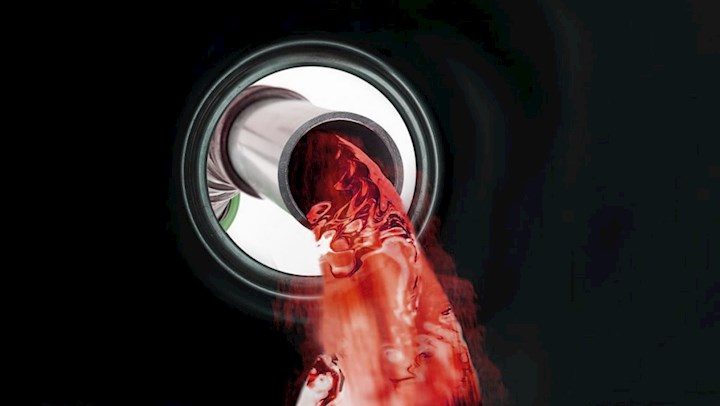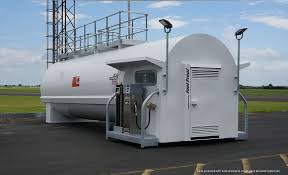Key Takeaways
- Kerosene is lighter and thinner fuel compared to diesel, which is a heavier and thicker one.
- Diesel fuel shows higher lubricity but kerosene has better cold flow
- Kerosene vs diesel fuel in engines can affect wear, emissions and starting reliability.
- Substituting diesel fuel and kerosene without guidance can cause damage or legal issues.
- Checking manuals and local rules is vital before using kerosene as diesel fuel anywhere.
Table of Contents
Kerosene Vs Diesel
In the comparison of diesel vs kerosene it is important to note that they are two neighbouring cuts in crude oil refining. Kerosene distils at a lower temperature and is lighter with lower viscosity while diesel is heavier and contains more complex molecules. They have different chemical compositions, are refined using different processes, behave differently in cold and are used in different kinds of equipment. In practice kerosene and diesel fuel are both used for heating, off road equipment and some industrial burners. Diesel is the standard road engine fuel. Kerosene is common in jet fuel, portable heaters and off grid uses.
If you have any doubts on which fuel to use at any point, our fuel experts can review your fleet, climate and equipment to help you pick the best balance of kerosene vs diesel so you improve efficiency, cut costs and protect the components of your equipment.
What Is The Difference Between Kerosene And Diesel Fuel?
Simply put, to know what’s the difference between kerosene and diesel fuel, remember that, kerosene is a clear, low viscosity fuel with a typical distillation range around 302F-527F while diesel covers a wider and heavier range up to about 716F. Kerosene normally has a slightly lower density than diesel so you get a little less energy per litre even though energy per kilogram is similar. It also has a lower flash point compared with diesel which means vapors ignite at a lower liquid temperature but it still counts as a combustible fuel rather than a volatile one.
Practically, diesel has stronger lubricity for pumps and injectors while kerosene burns somewhat cleaner with less soot.
Confused About When To Use Kerosene Vs Diesel?
Many heaters, generators and pressure washers can use either fuel, but the wrong choice can mean more soot, higher wear or even compliance problems. We’ll help you match kerosene vs diesel to your climate, equipment and manuals so you get reliable starts, clean burns and fewer breakdowns.
Is Number 1 Diesel And Kerosene The Same Thing?
No. 1 diesel and kerosene are closely related, distinct petroleum products, both considered “lighter cuts” than standard No. 2 diesel. They share superior cold flow properties. The key difference lies in their certification and intended use. No. 1 diesel is specifically formulated and certified as a motor fuel. Kerosene is certified under its own standards primarily for use in heaters or as jet fuel. While No. 1 diesel often contains kerosene in its winter blends to improve cold weather performance, the final diesel product must still meet strict standards for viscosity, lubricity, and emissions. So they are best described as close cousins rather than identical products.
Is Diesel #2 Kerosene?
Standard #2 diesel is not kerosene. It is heavier, more viscous and has a higher tendency to gel in cold weather. Kerosene stays fluid at much lower temperatures and is favoured for winter aviation and off grid heating. Gel point data show kerosene remaining pumpable near -40F. In addition to the differences in gel point,#2 diesel has a different boiling range and different standards for cetane number, lubricity and sulfur content. It is designed for compression ignition engines rather than turbines or wick heaters.
Thinking About Running Kerosene In A Diesel Engine?
Adding kerosene for winter can improve cold flow, but low lubricity, tax rules and modern common rail systems make guesswork risky. We’ll walk you through safe blend ratios, additive needs, and what your engine and warranty actually allow before you swap any fuel.
Does Diesel Turn Into Kerosene?
There is a common myth that old diesel slowly becomes kerosene in the tank. Diesel does not transform into kerosene over time. Both fuels are products of distillation and cracking processes in the refinery rather than stages of aging in storage.The relationship between diesel and kerosene is established at the refinery and cannot be reversed. While poor storage conditions can degrade fuel quality, they do not transform diesel into kerosene or any lighter fuel.
What Are The Differences In Power Between Diesel And Heating Fuels?
The comparative power output of diesel and kerosene in heating applications is primarily determined by their energy content and the specific burner design. Although the heat of combustion per kilogram is similar, diesel typically offers slightly more energy per litre due to its higher density. Practically, the differences in power are as follows:
- Heat Output: Diesel generally provides marginally more heat per litre in most appliances.
- Emissions: Kerosene often produces less visible smoke and odour during combustion.
- Equipment: Burner nozzles and jets are frequently sized differently to accommodate the distinct properties of each fuel.
For commercial or home heating, the ultimate choice is often guided by factors like appliance certification, local cost, and indoor air quality concerns, rather than a significant difference in the raw heating value of the fuels.
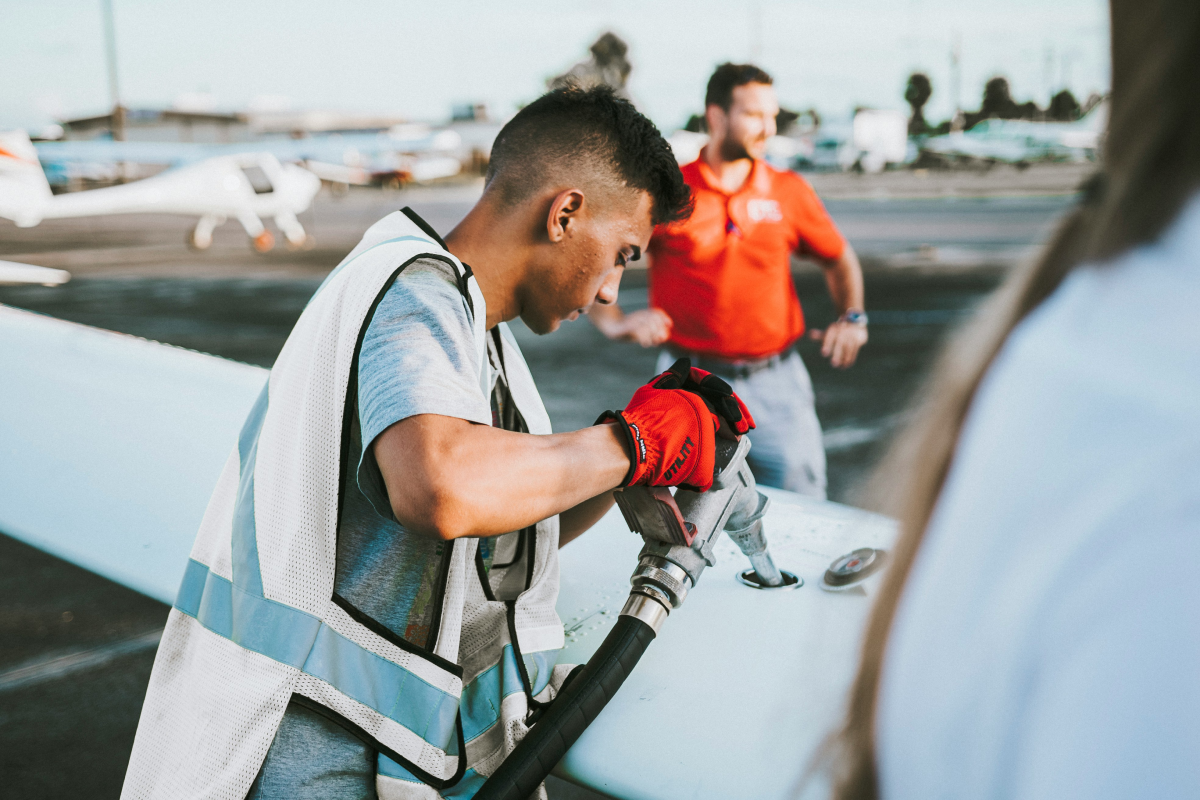
Is Kerosene Cheaper Than Diesel Fuel?
The question is kerosene cheaper than diesel fuel has no single answer because taxes, demand and supply vary by region. In many places untaxed heating kerosene can be cheaper than road diesel which carries higher fuel taxes. At retail pumps pre-packaged kerosene can cost more per litre than diesel because of packaging and lower sales volume. Below is a comparison for their prices based on fuel type and typical use:
| Fuel type | Typical use | Relative price trend compared to road diesel |
|---|---|---|
| Road diesel | On road vehicles | Baseline price |
| Off road diesel | Equipment and heating | Often slightly cheaper due to lower tax |
| Bulk heating kerosene | Space heaters and homes | Can be cheaper or similar |
| Pump or canned kerosene | Small heaters and lamps | Often more expensive per litre |
So the real answer depends on how you buy it and what your local rules say.
Can Diesel Fuel Be Used As Kerosene?
People sometimes try to use diesel in equipment that was designed for kerosene only. In some pressure washers and industrial burners this can work because the burner is built to handle diesel fuel and kerosene options. In wick type heaters and lamps it is usually a bad idea. Take note of these points before using kerosene as diesel fuel or the reverse
- Diesel has more soot and sulphur which can foul wicks and heat exchangers.
- Diesel has higher viscosity which can affect spray patterns.
- Diesel carries different tax colors and may not be legal in some heaters.
Before treating diesel fuel and kerosene interchangeably check the manual. If the maker only lists kerosene you should not substitute diesel without expert advice.
Want To Cut Fuel Costs Without Breaking Fuel Tax Rules?
Whether kerosene is cheaper than diesel fuel depends on grade, tax and how you buy it, from bulk heating deliveries to off-road diesel. We’ll help you compare real delivered prices, choose the right product for heaters or equipment, and stay compliant with container labelling and dye regulations.
Can You Run Kerosene In A Diesel Engine?
Some drivers and equipment owners add kerosene to diesel in winter or even run straight kerosene. They do this to improve cold starting and reduce gelling. It can work in older low pressure systems but it carries real risks in modern high pressure common rail engines. They do this because standard #2 diesel which is mostly used on public roads gets gelled quickly in cold weather, meanwhile kerosene maintains good fluidity even at extremely cold temperatures.
Using Kerosene May Be Prohibited
In many regions road fuel must meet specific tax and dye rules. Using untaxed kerosene on public roads can lead to fines if inspectors find the wrong dye or no dye where one is required. Insurance claims may also be affected if the wrong fuel is found after an incident.
Using Kerosene Can Void Warranty
Engine and vehicle makers normally approve only certain fuels. If you use a blend that was not approved and damage occurs the manufacturer can deny warranty coverage. That includes cases where kerosene feels like it can substitute diesel fuel but does not match official fuel lists. Always check service bulletins and warranty terms.
Kerosene Can Cause Damage To Some Diesels
Kerosene has much lower lubricity than standard diesel. Using it in diesel engines without additives it can cause
- Pump wear and scoring.
- Injector needle and nozzle damage.
- Increased leakage and poor sealing.
- Corrosion in delicate parts.
Modern systems depend on the lubricating film from diesel. If you must use kerosene in a diesel engine only do so with the right additive package and professional guidance.
Why Use Kerosene Instead Of Diesel?
Despite the risks many users still favour kerosene over diesel in specific cases. The main reasons involve cold weather operation, cleaner combustion and multi-fuel flexibility in heaters and generators. The following reasons work in the favor of kerosene
- Better cold start behaviour in extreme winter conditions.
- Often cleaner burning with less visible smoke.
- Common availability for off grid heating and lighting.
- Approved use in many portable heaters and some generators.
Kerosene Does Not Gel As Easily
Kerosene has a much lower gel point than diesel so it stays free flowing at lower temperatures. Data show kerosene gelling near -40F while No .1 and No .2 diesel gel at much higher temperatures. This makes kerosene ideal for cold climate heaters and as a component in winter diesel blends.
Kerosene Is Not Lubricating
A key drawback is that kerosene has poor lubricity compared to diesel. Running pure kerosene through diesel pumps and injectors without lubricity additives can cause rapid wear. If kerosene must be used for emergency reasons, always use a suitable additive and switch back to diesel as soon as possible.
How Kerosene Is Used In Different Sectors?
Kerosene is a multi role fuel. It powers jet aircraft as Jet A or related grades. It supplies heat in residential and industrial space heaters. It is used in lanterns and stoves in off grid homes. Some older machinery and generators are designed to run on kerosene or mixed fuels in remote regions. Understanding this broad use helps explain why kerosene vs diesel fuel comparisons are so common.
Is Kerosene Or Diesel Fuel Better For A Hot Water Pressure Washer?
For hot water pressure washers makers often approve both kerosene and diesel but recommend one as the primary fuel. Diesel usually offers slightly higher energy per litre and good lubricity for the burner pump. Kerosene can burn cleaner with less soot on coils and exhaust. In mild climates diesel is often preferred because of cost and availability. In very cold climates kerosene can help with reliable burner start up. The best choice is always what the washer manual lists. Using unapproved fuel can shorten coil life and may void warranty.
Cleaning With Kerosene Vs. Diesel Fuel?
Both kerosene and diesel fuel can be used for cleaning, as both are effective at dissolving oil and grease, but they each have distinct advantages and disadvantages. Kerosene is a thinner solvent that evaporates more quickly and typically leaves behind less oily residue. In contrast, diesel is thicker, which can result in a more potent odor and a greater amount of residue remaining on the cleaned parts. It is important to note that many industrial operations are moving away from using both fuels for degreasing due to associated safety and health concerns. If either kerosene or diesel is used, it must be done in a well-ventilated space and kept far away from any potential sources of ignition. Also all rags and absorbent materials that have been treated with the fuel must be correctly disposed of and stored in approved safety containers.
Is It Legal To Put Diesel In A Kerosene Can?
From a safety point of view the bigger issue is correct labelling. Putting diesel into a can marked kerosene makes it easy for someone else to misfuel a heater or lamp. That can cause smoke, smell and even fire risk.
Regulations in many regions also require approved containers with proper colour and labelling for each fuel. Mixing up diesel fuel and kerosene containers can create compliance problems during inspections. It is safer to keep separate, clearly marked cans for each fuel at all times.
Can You Use Off-Road Diesel As Kerosene?
Off road diesel is taxed and dyed differently from road fuel. But it is still diesel, not kerosene. When you compare diesel fuel vs kerosene for heaters you see off road diesel has higher viscosity and often more sulphur. This causes more soot and odors and may not meet appliance approvals. Using off road diesel where kerosene is specified can:
- Void heater certifications.
- Increase soot and maintenance.
- Break local fuel tax rules if misused.
Why Do Planes Use Kerosene Instead Of Diesel?
Commercial jets use kerosene based Jet A fuel rather than diesel. Turbine engines need a fuel that stays liquid at very low temperatures and flows well through fine filters at high altitudes. Kerosene based jet fuel has a low freezing point and is tightly controlled for energy content and cleanliness.
Diesel is heavier, gels sooner and is optimised for compression ignition piston engines rather than turbines. That is why aviation standards around the world have converged on kerosene based jet fuels rather than any form of kerosene vs diesel compromise.
